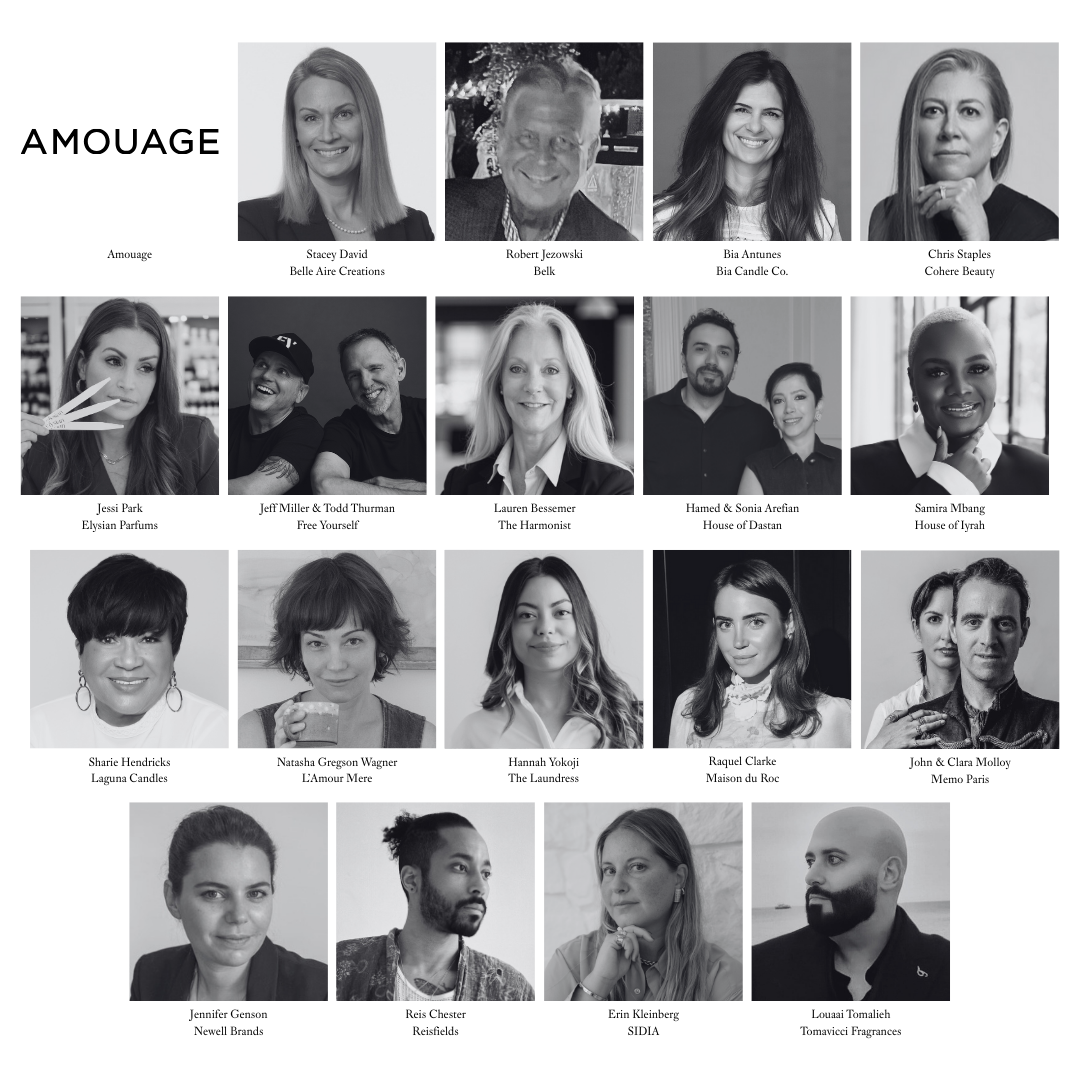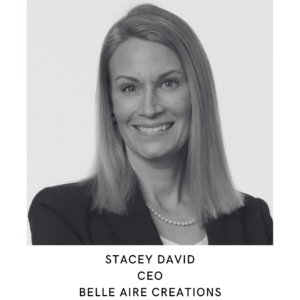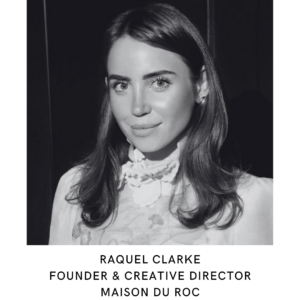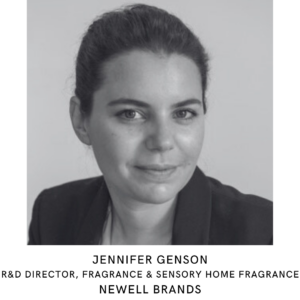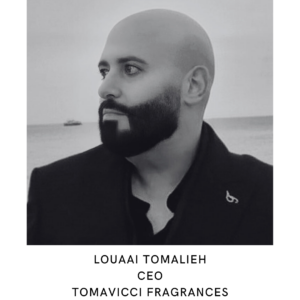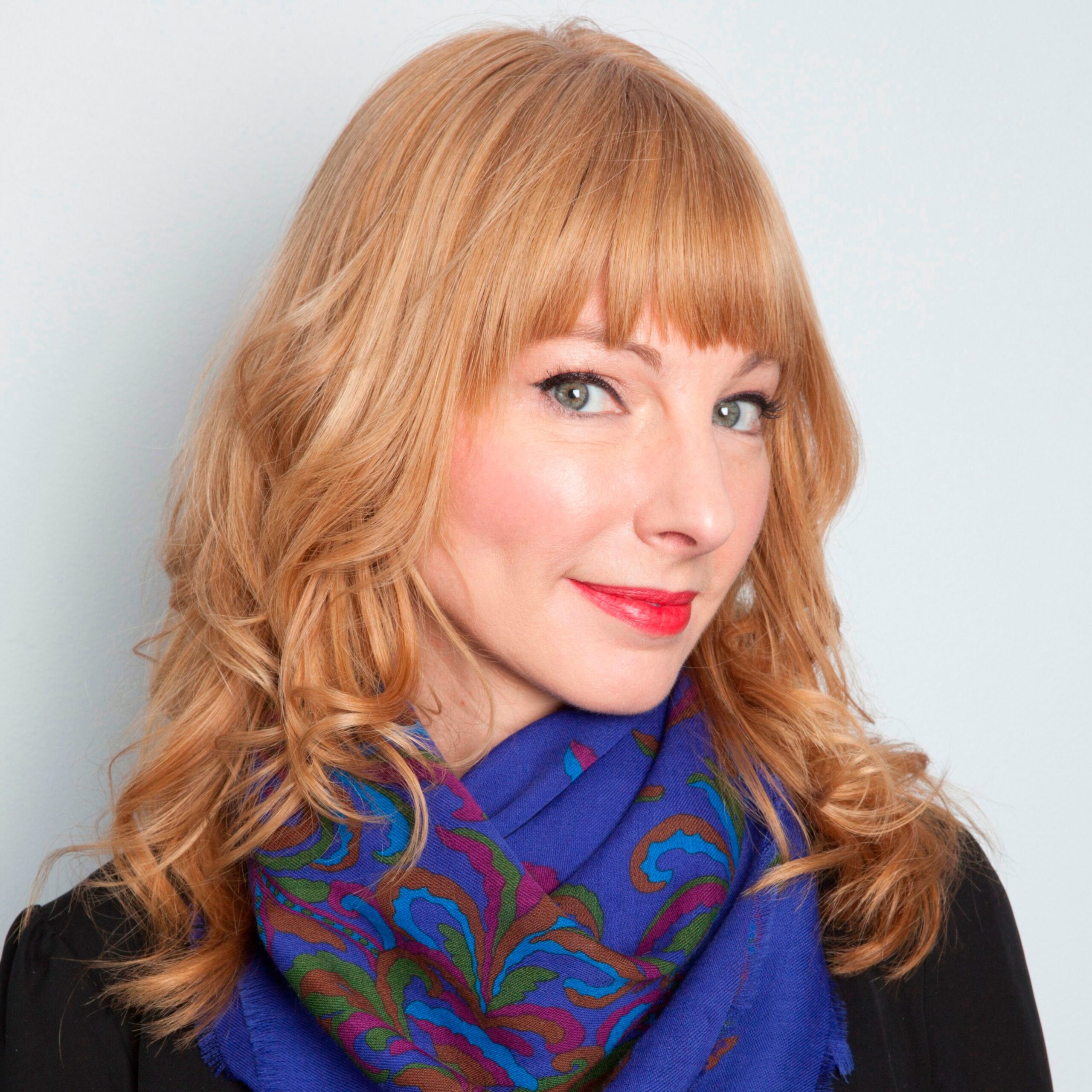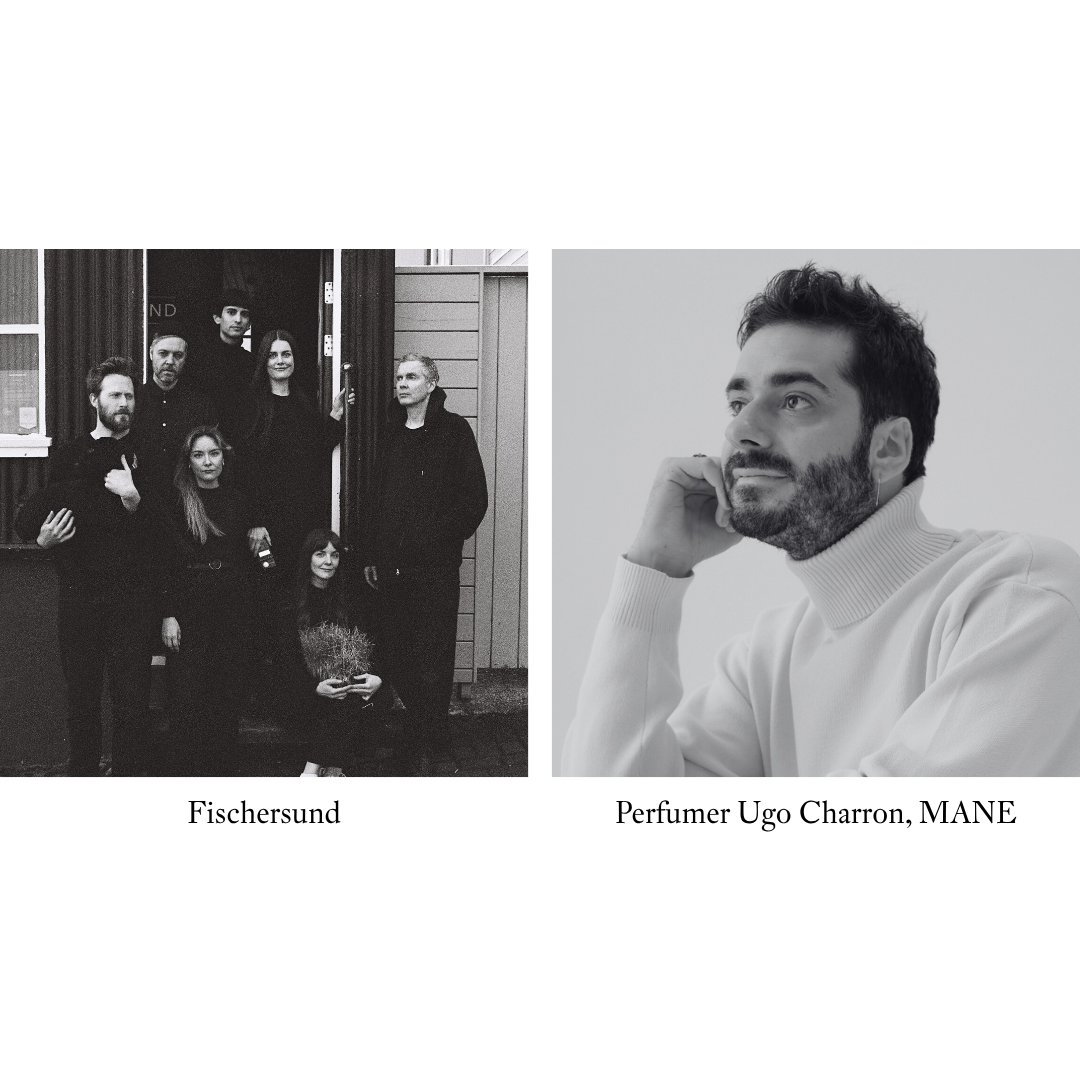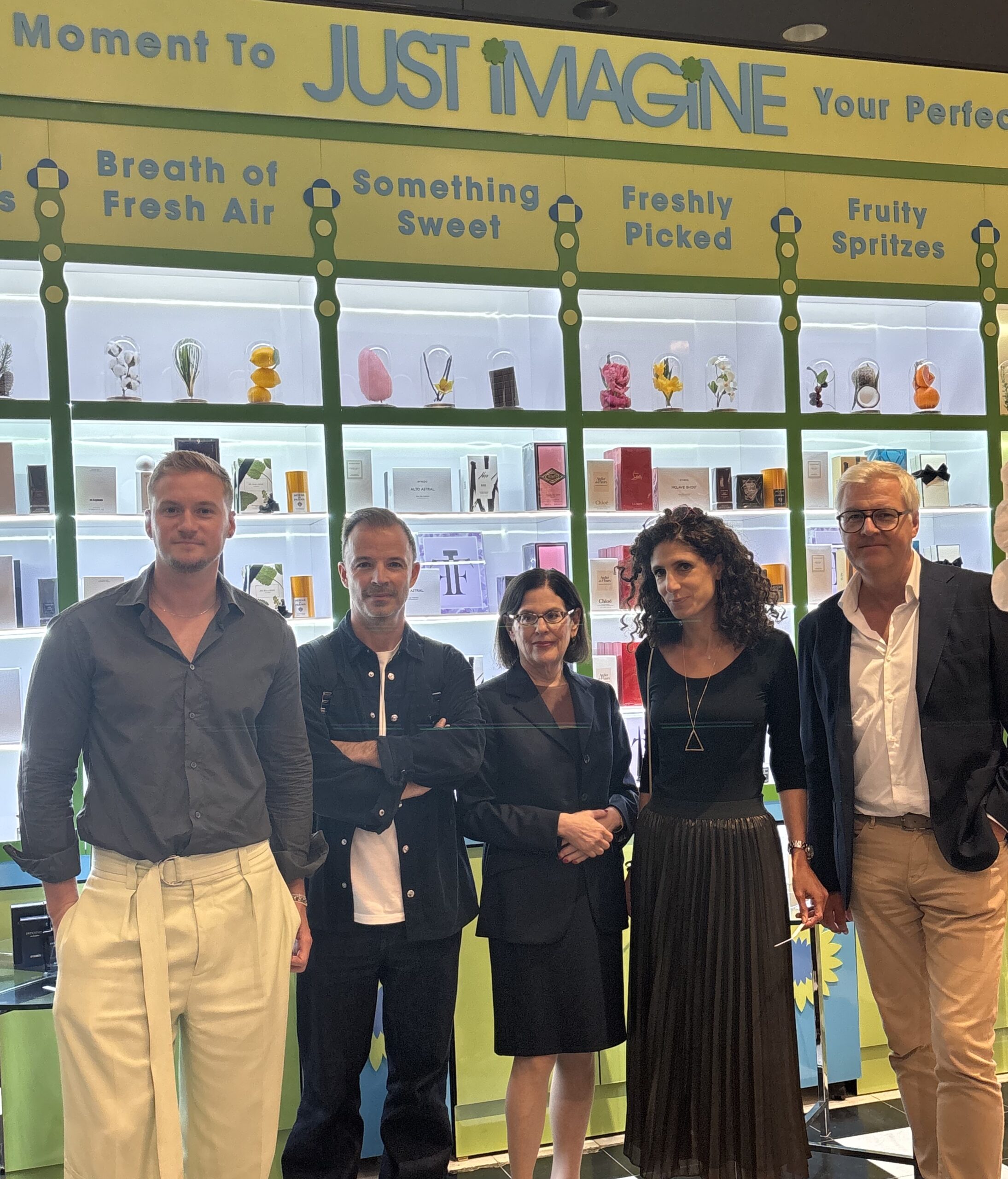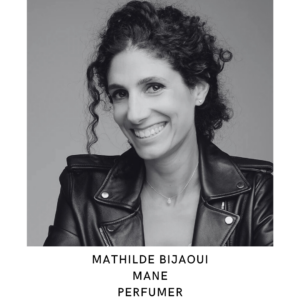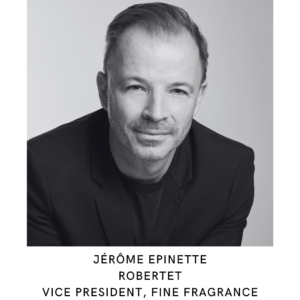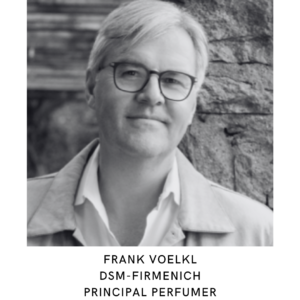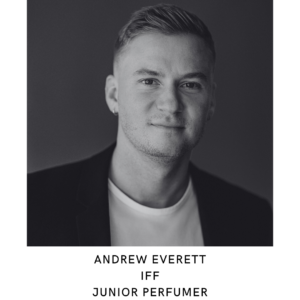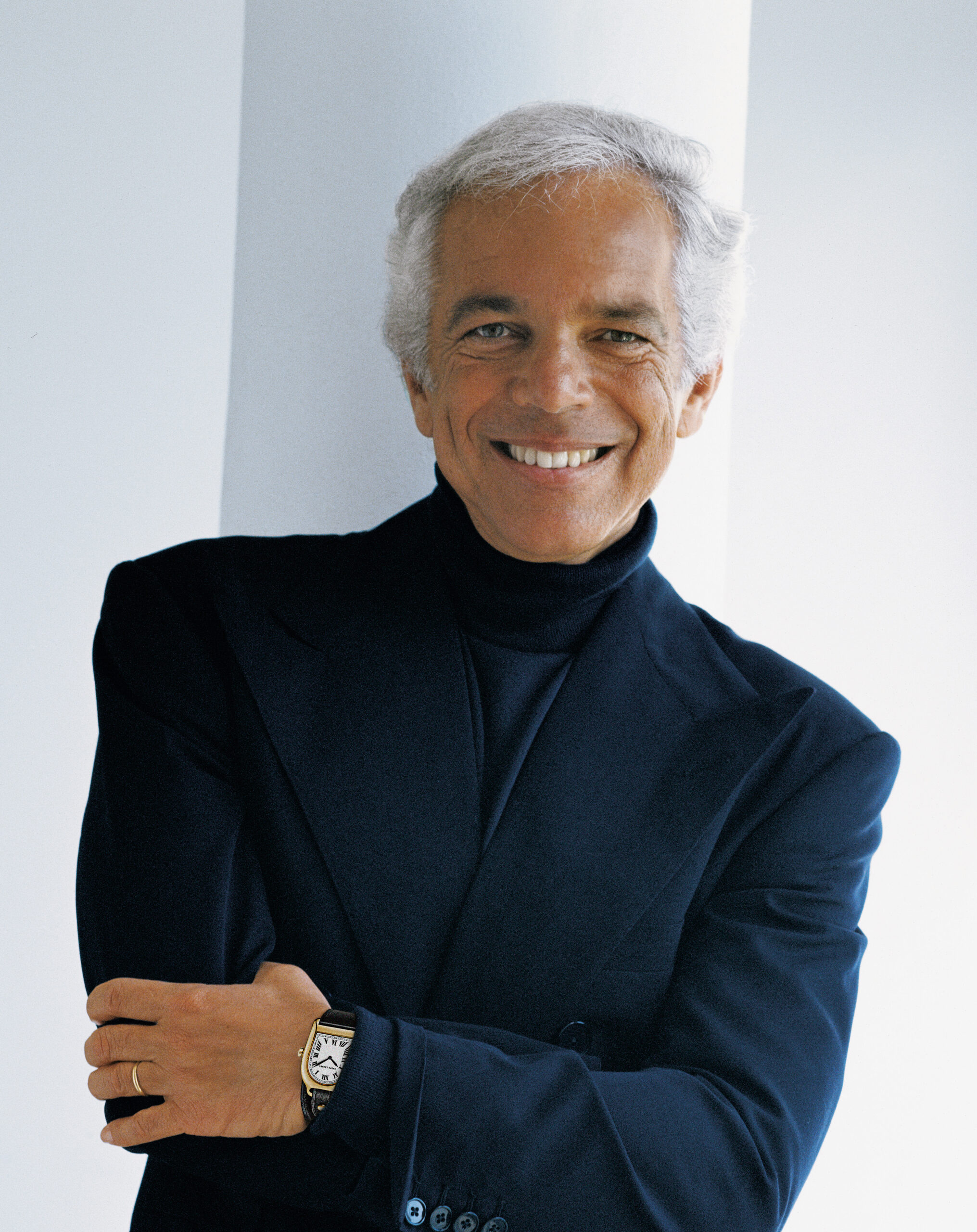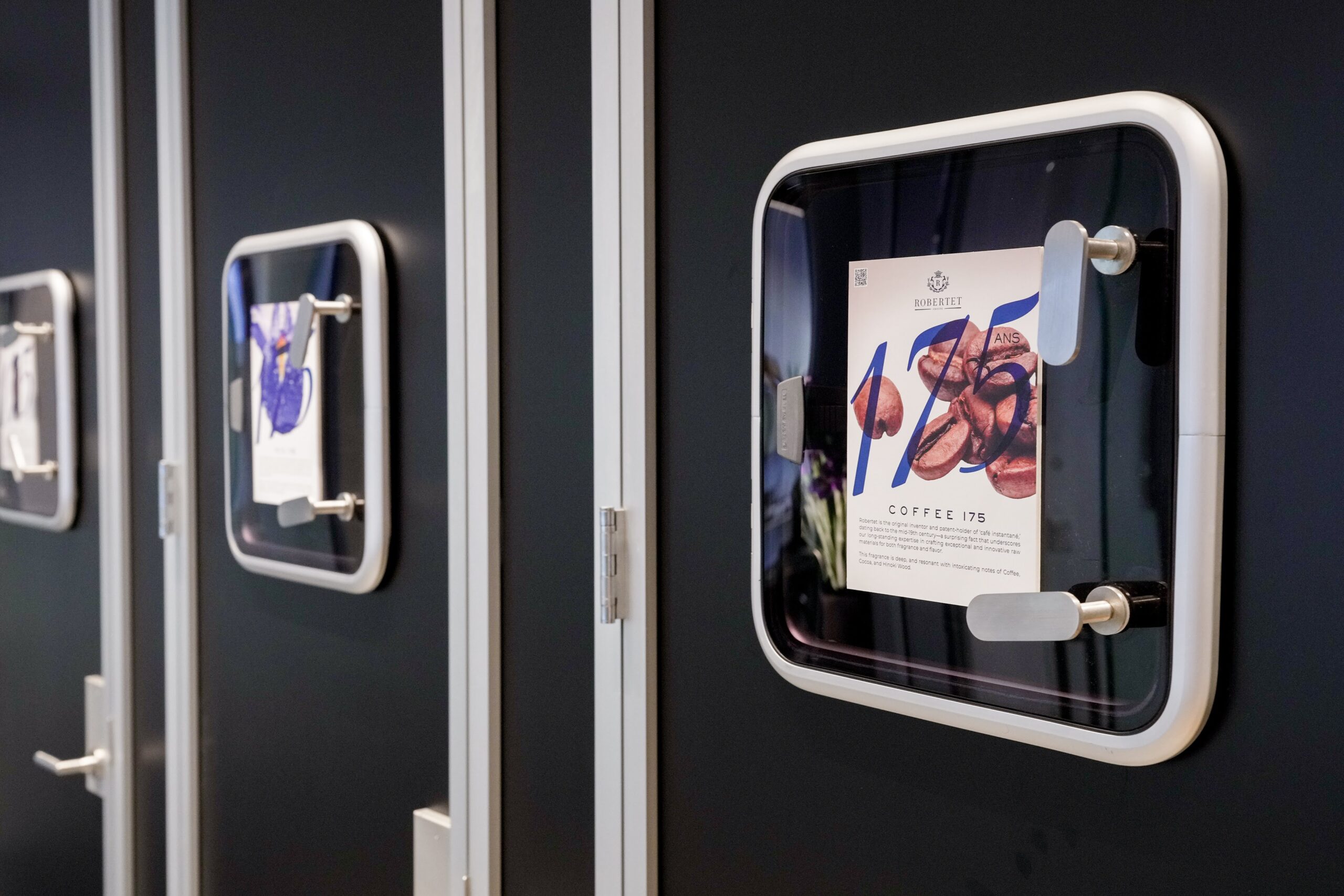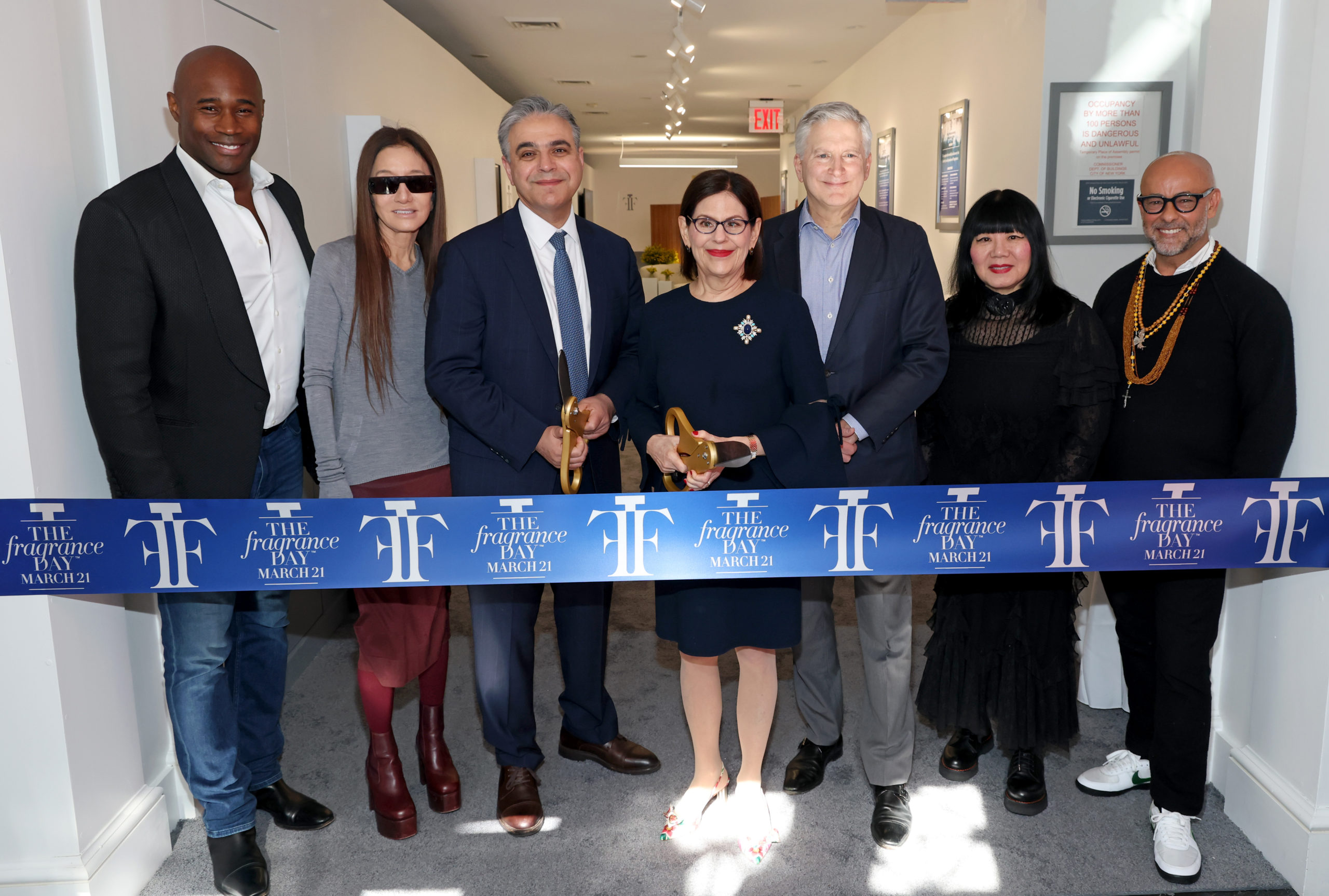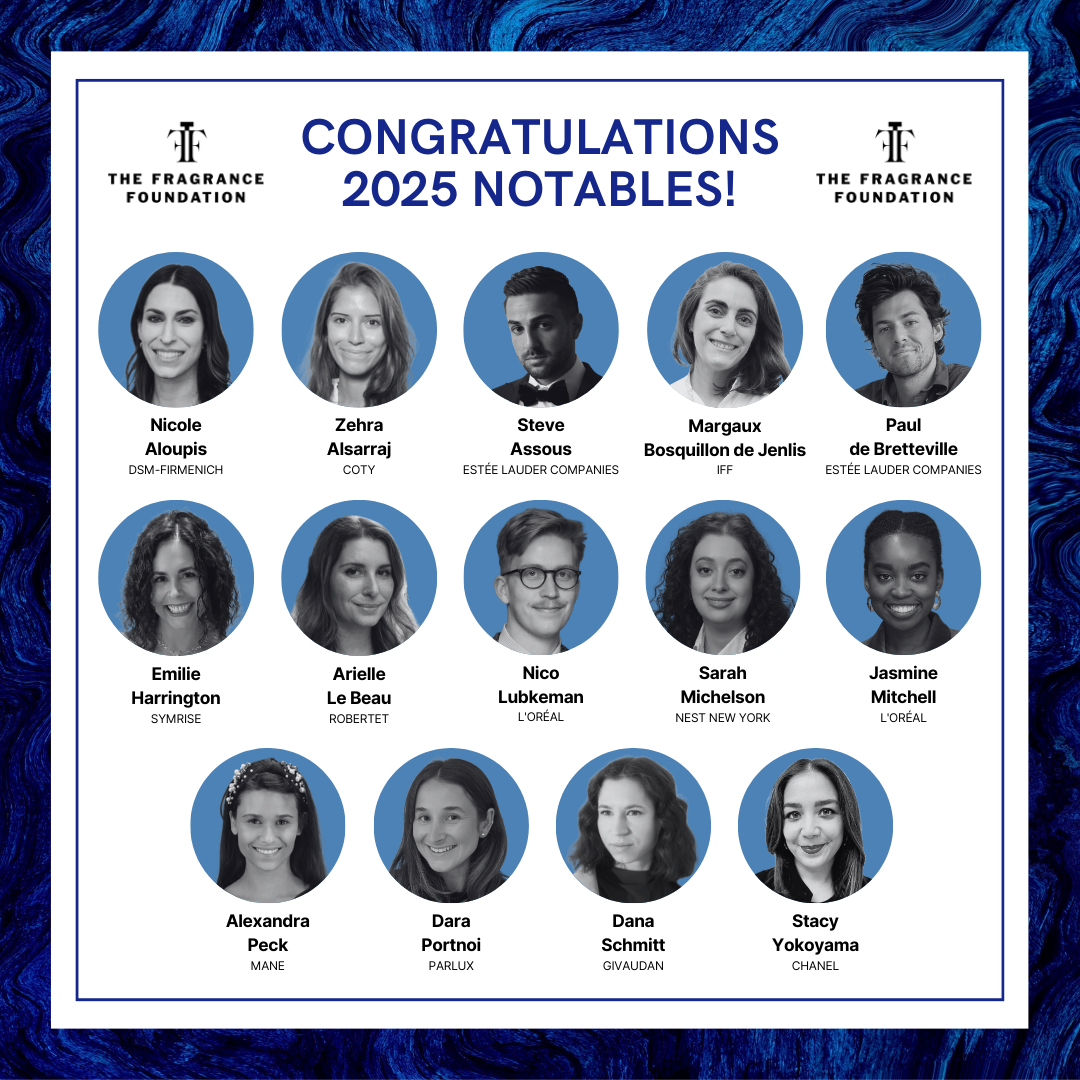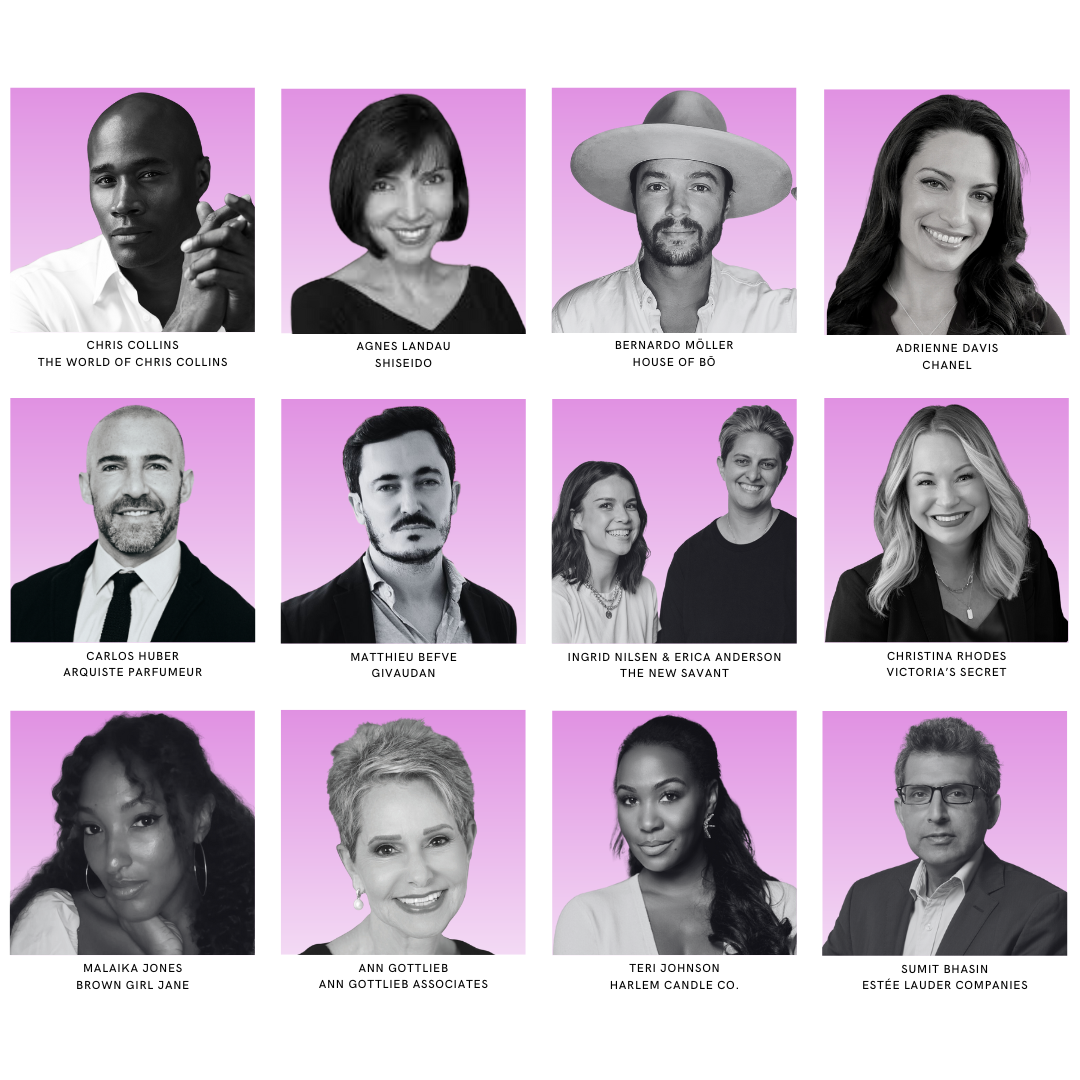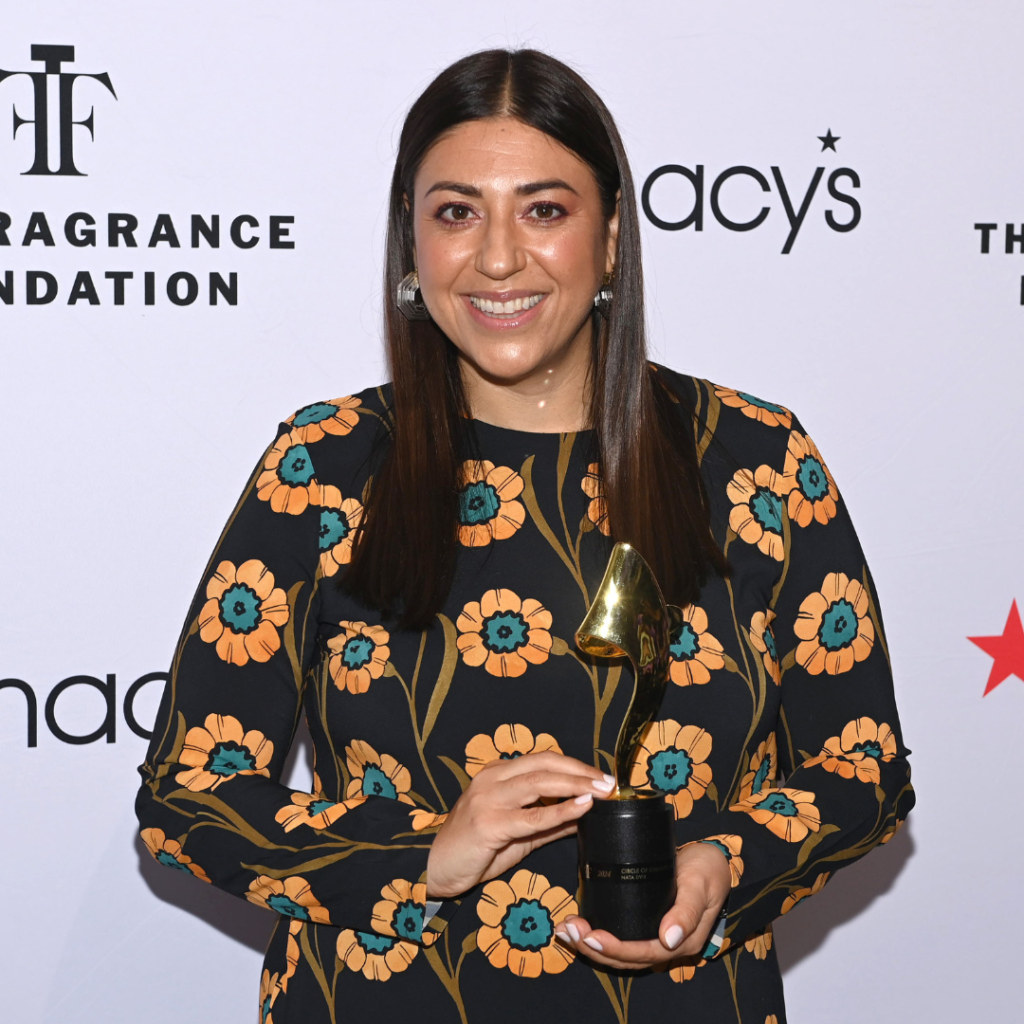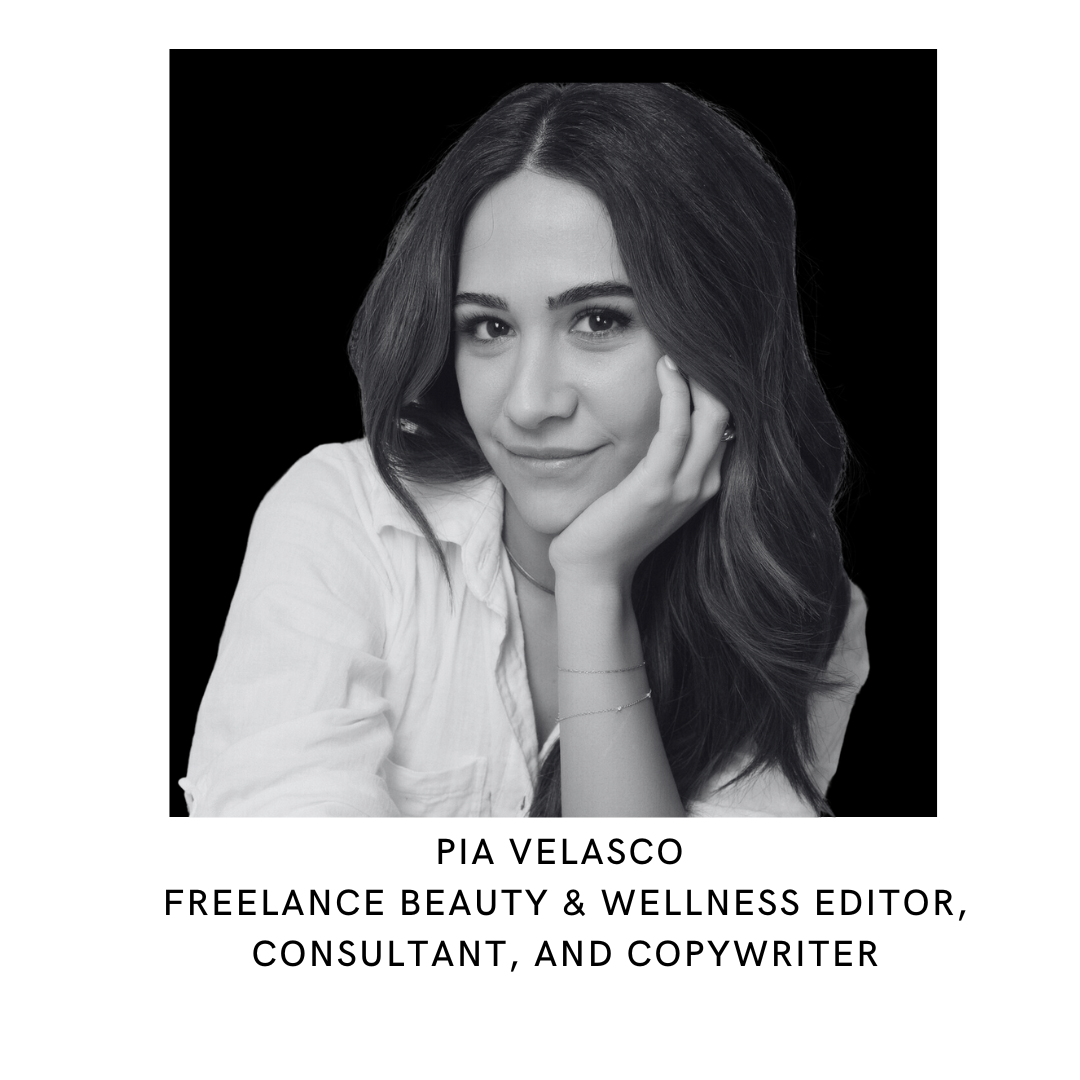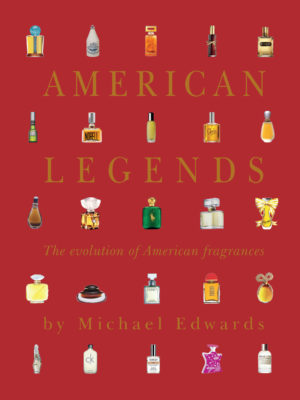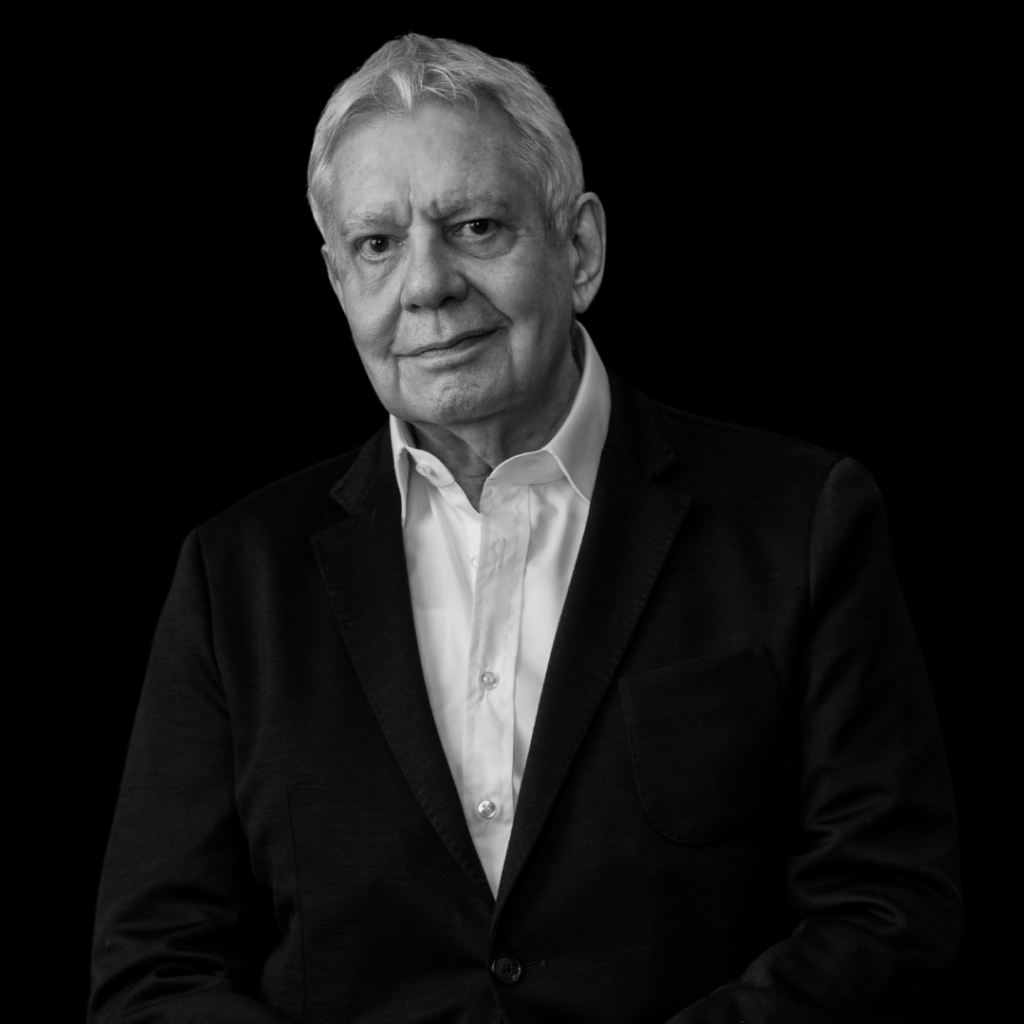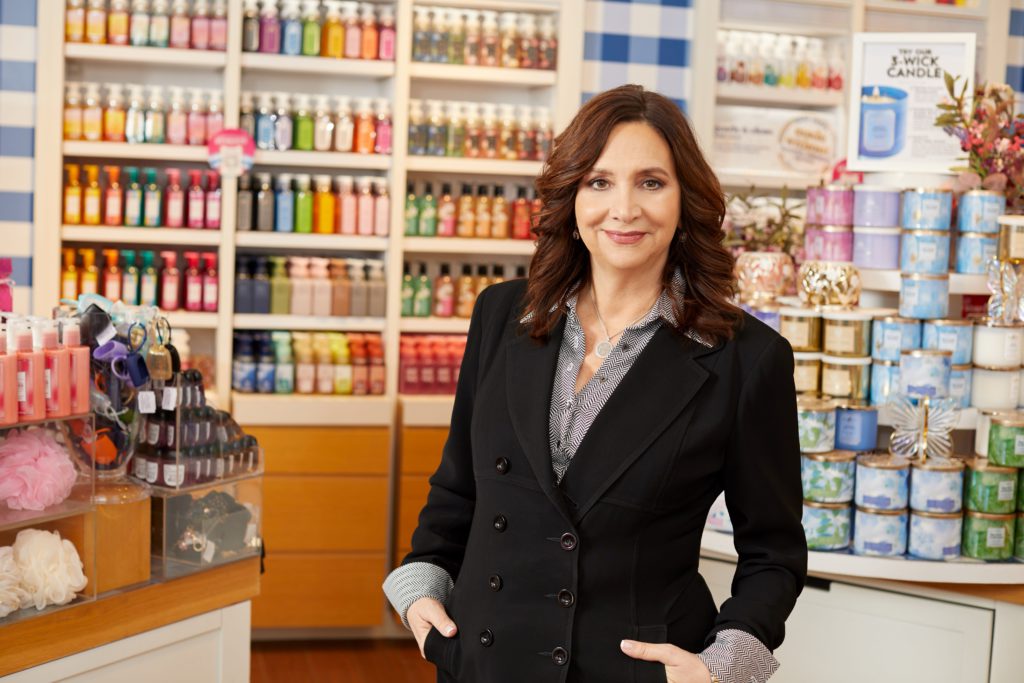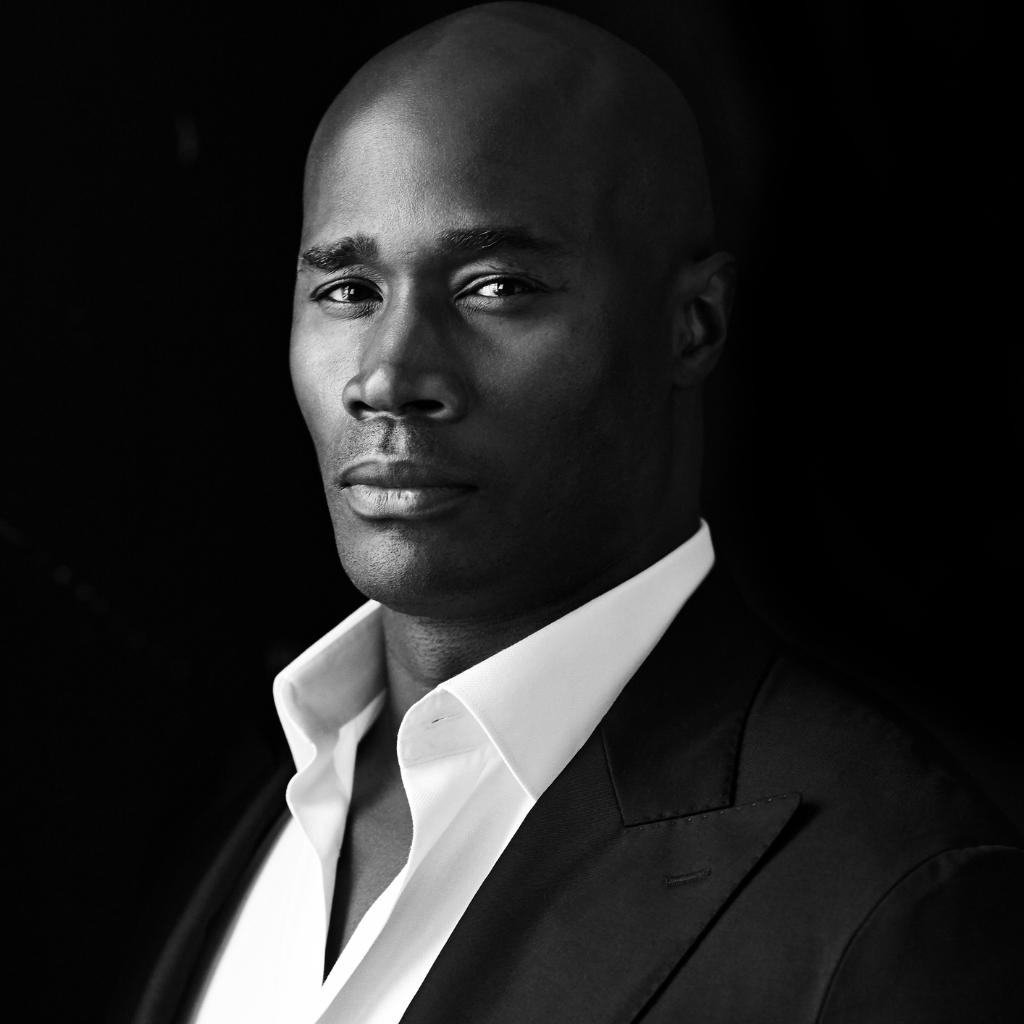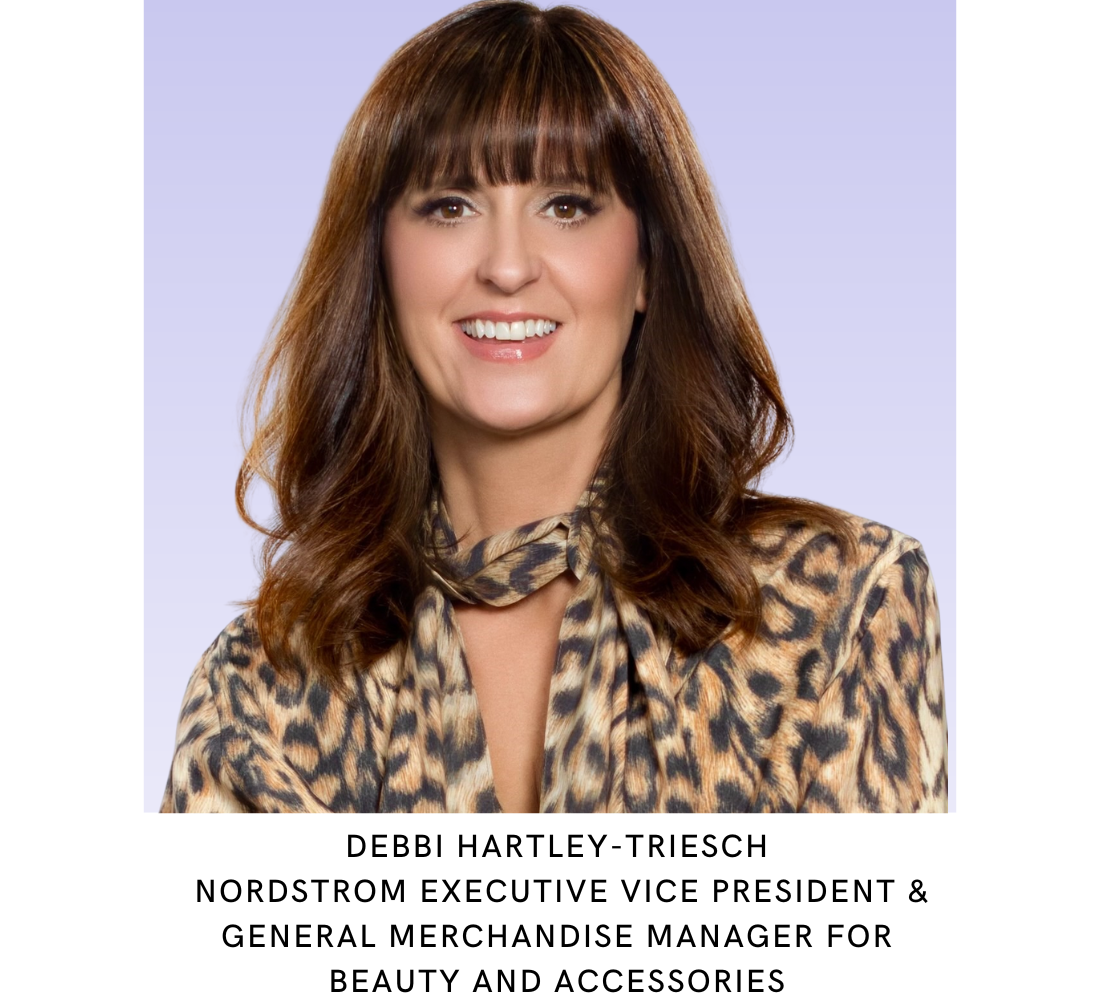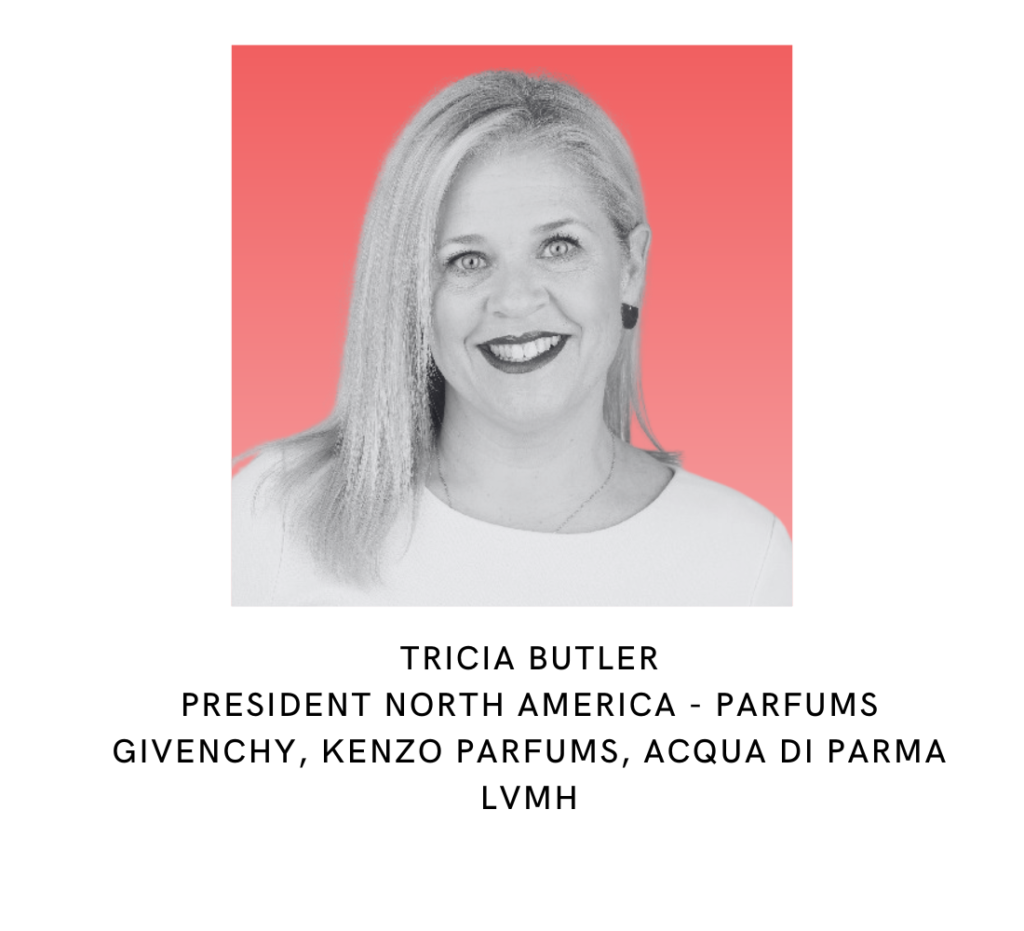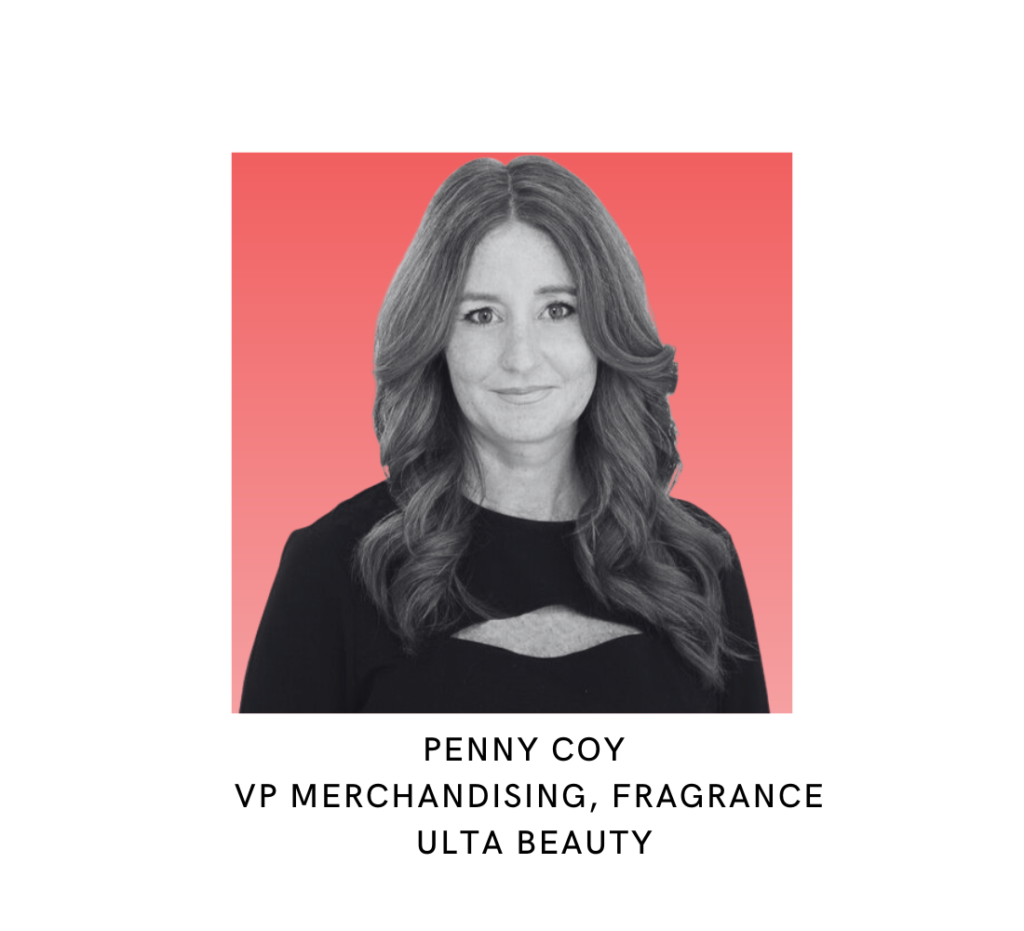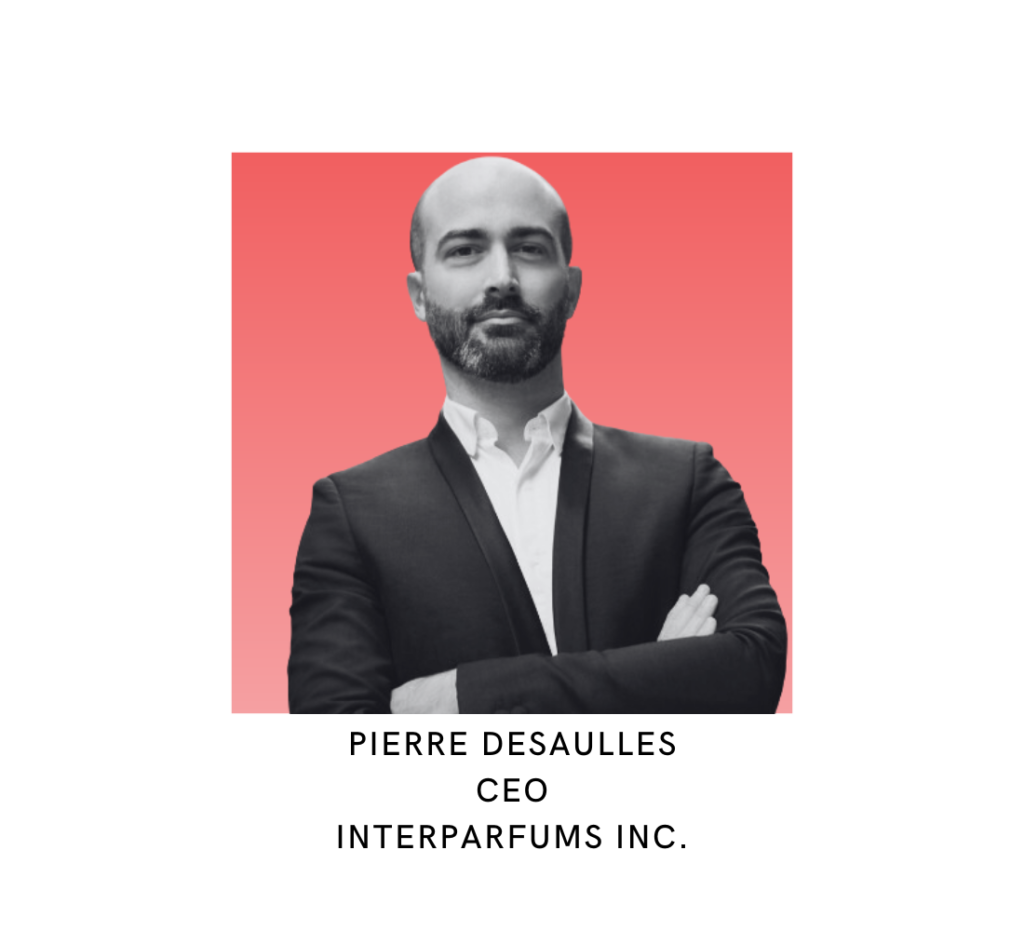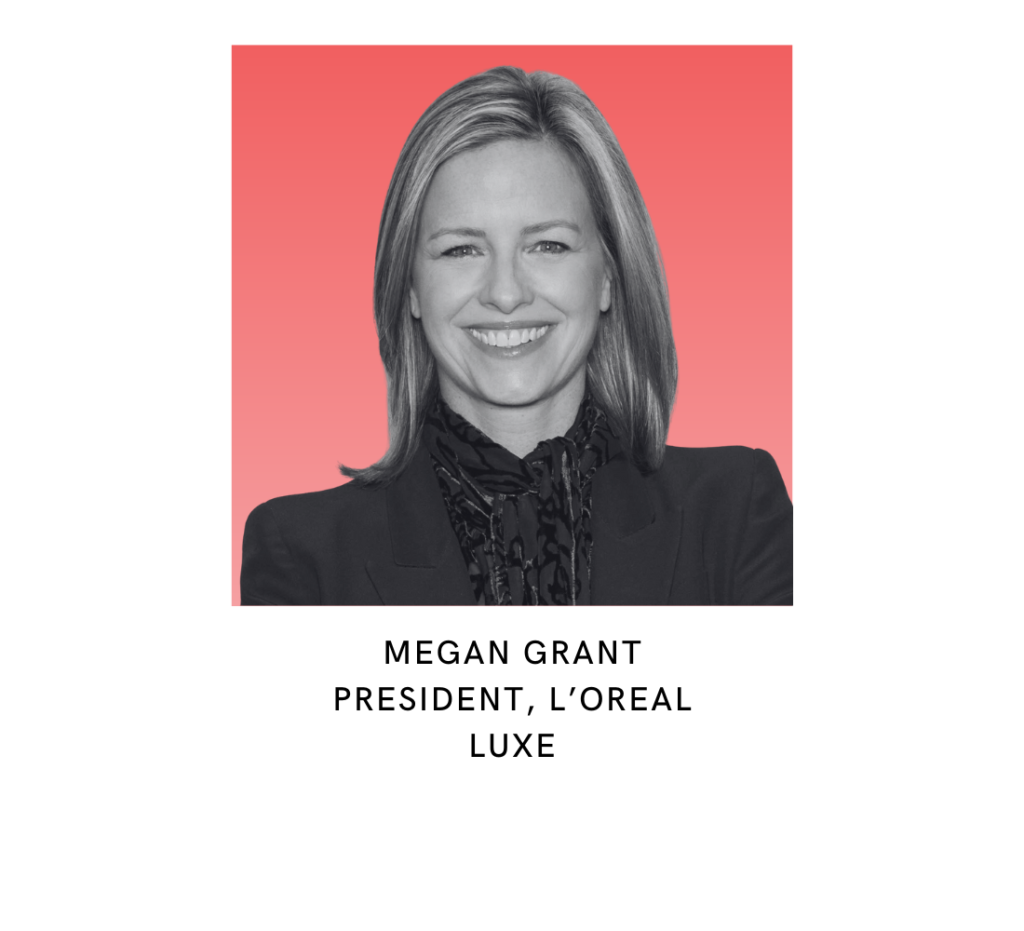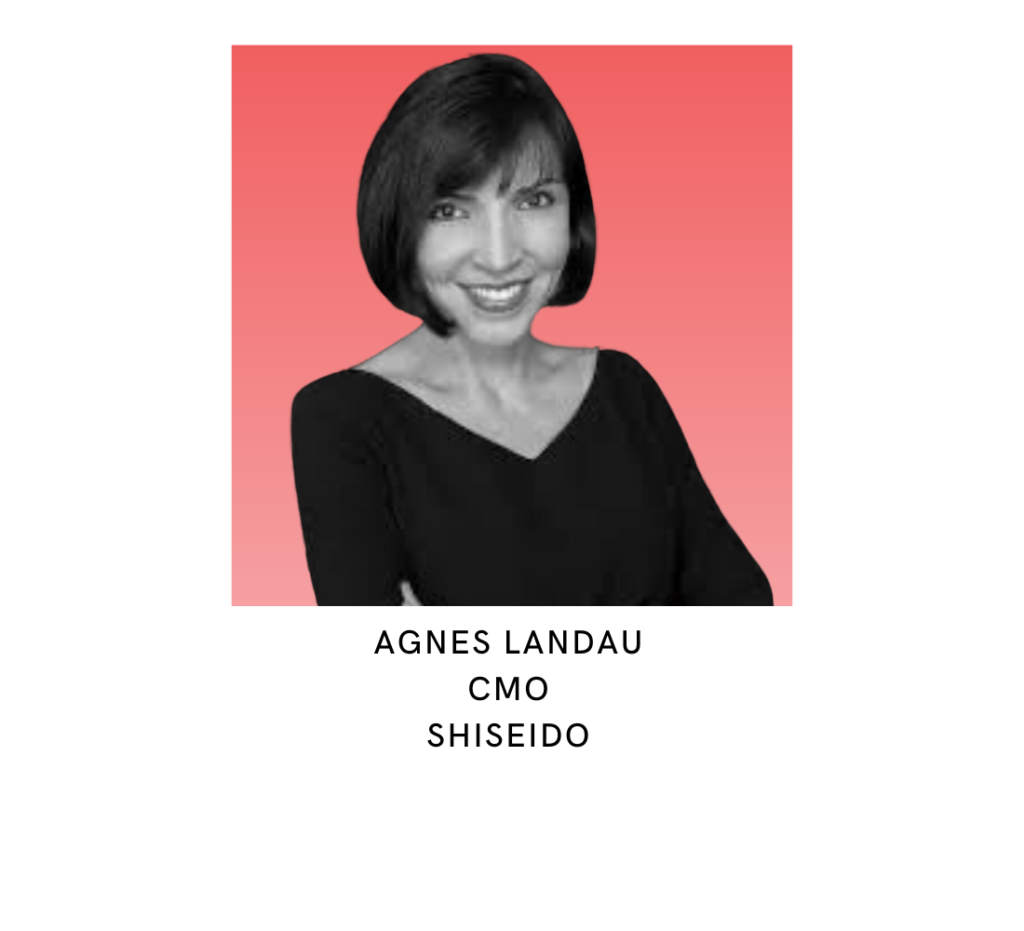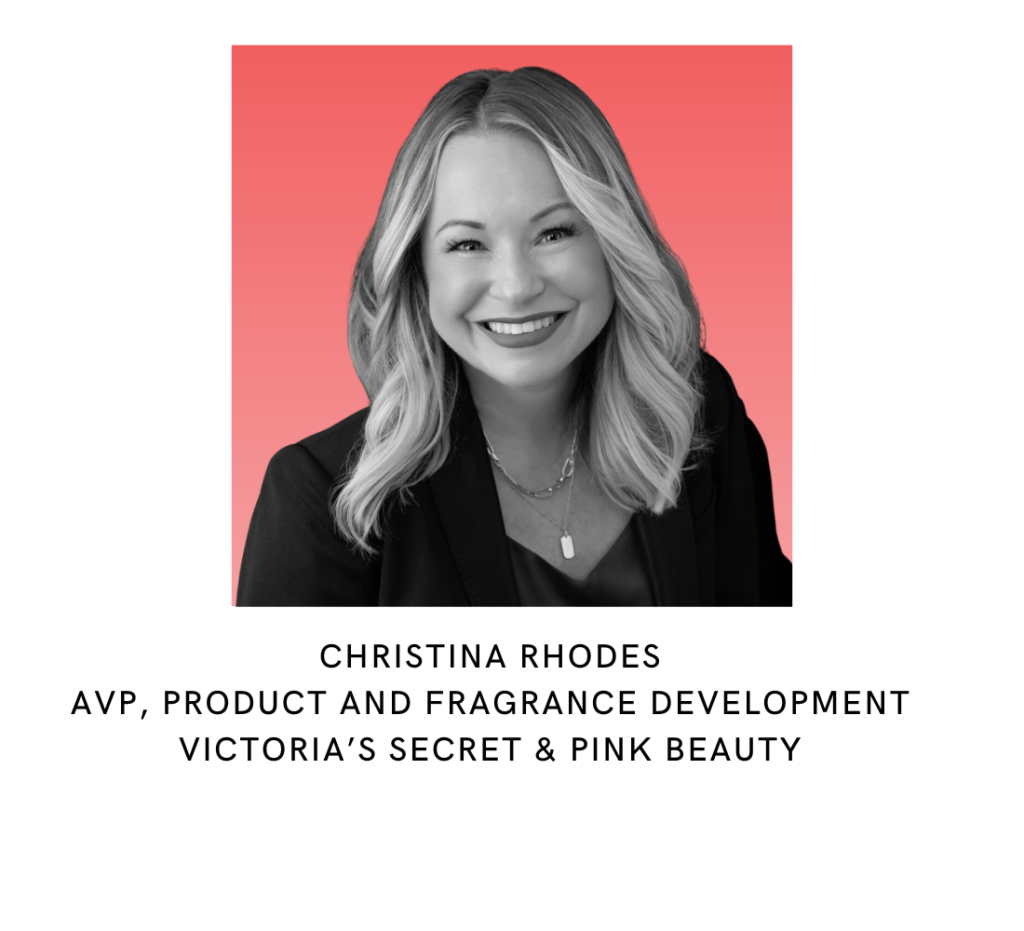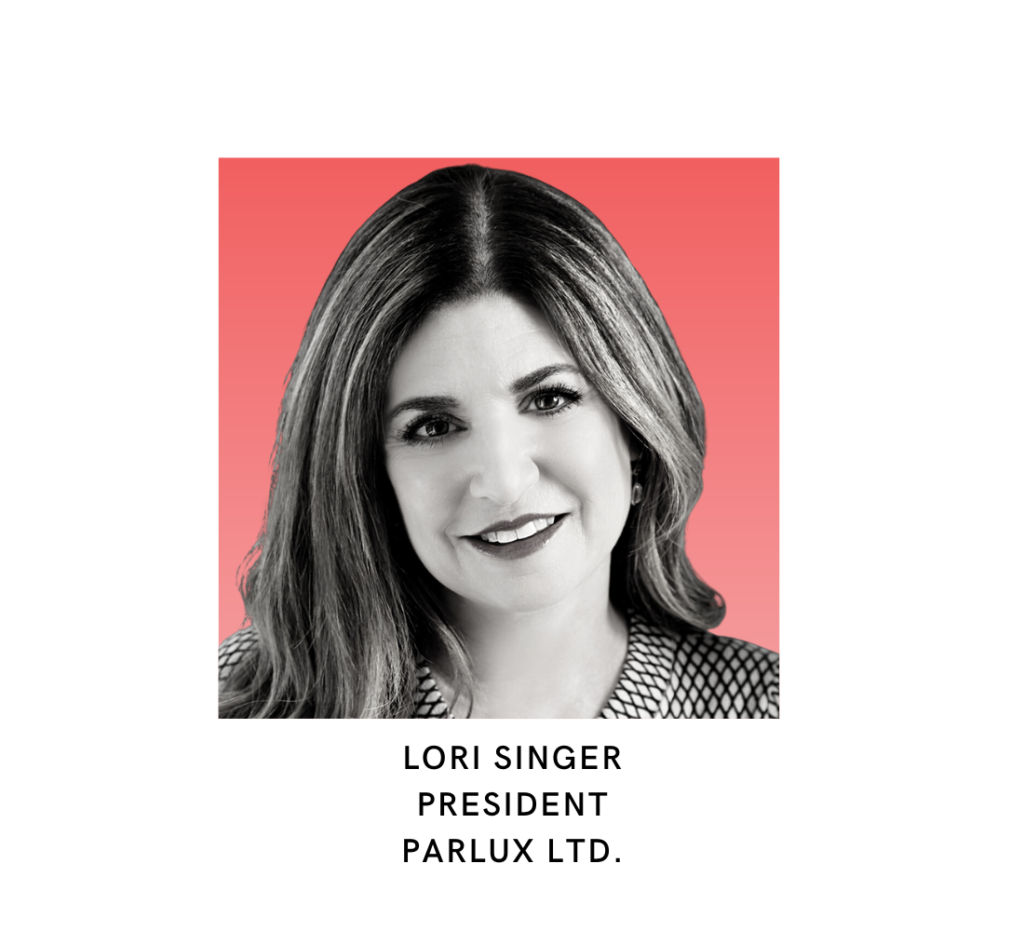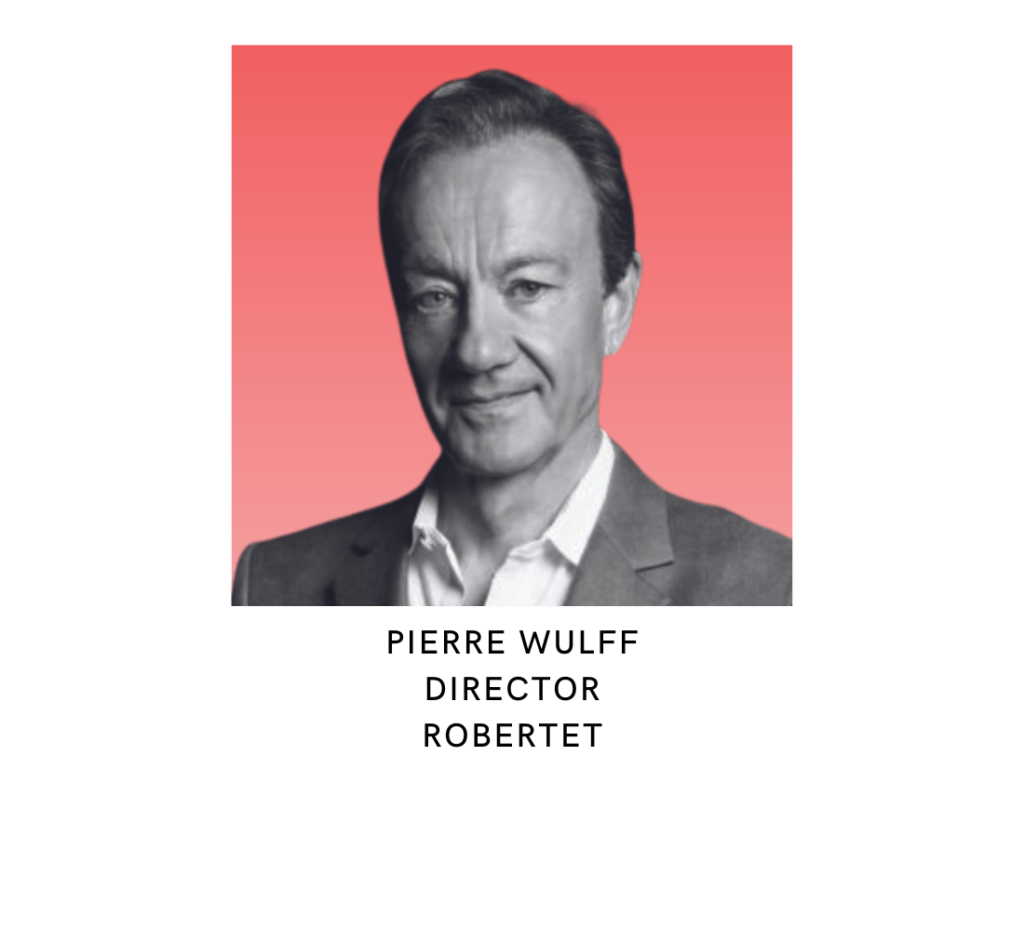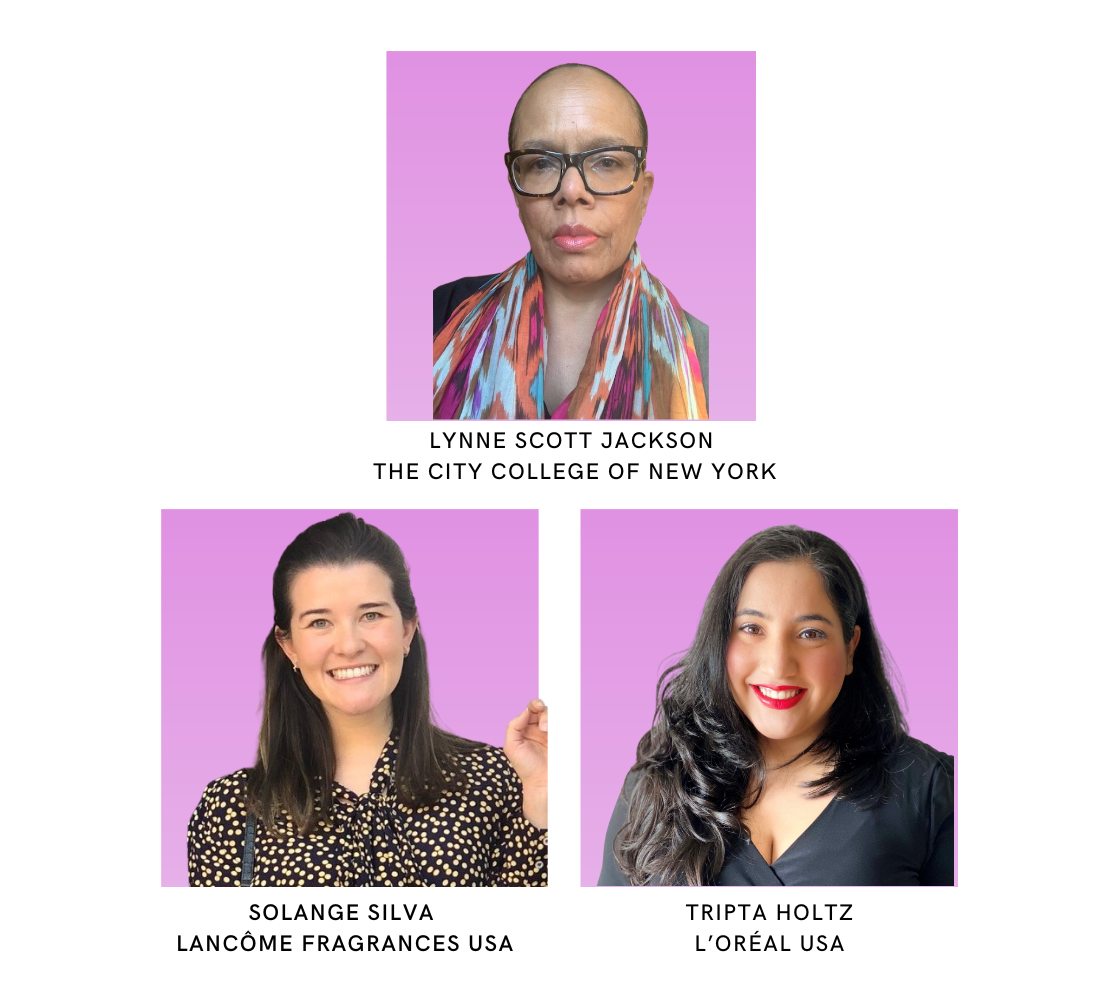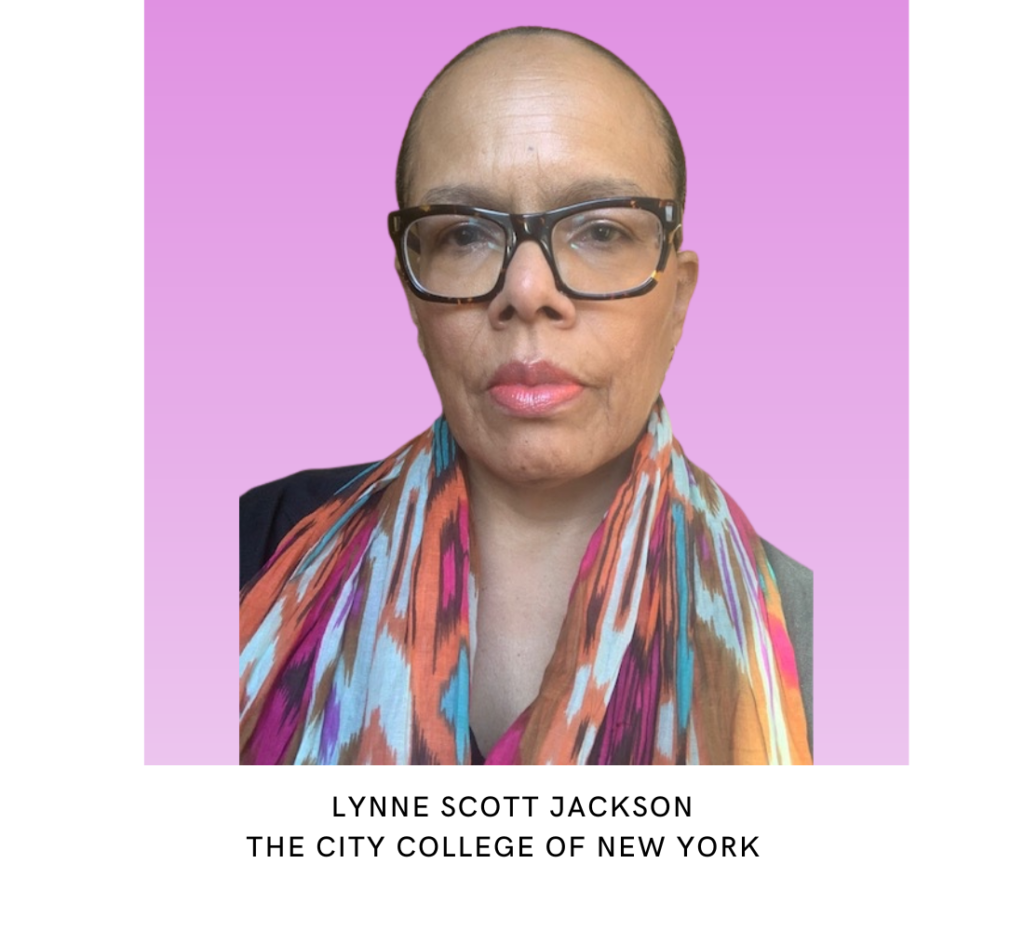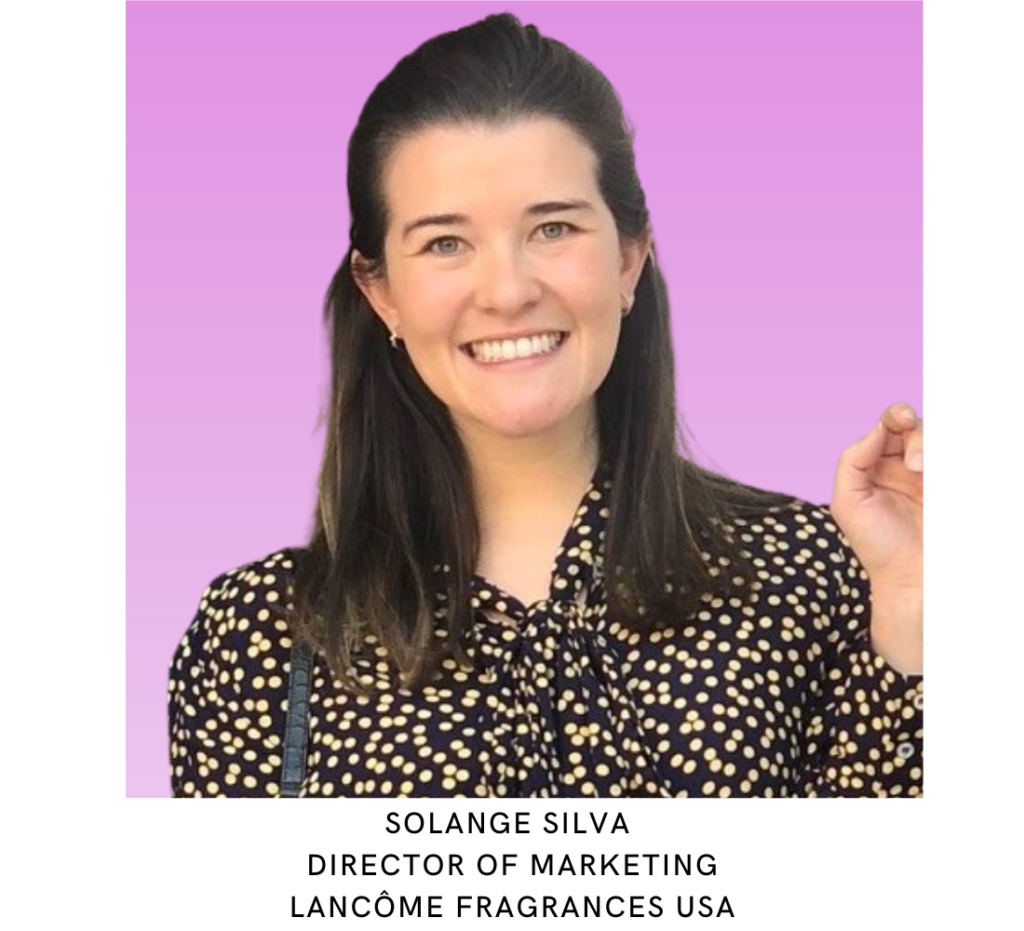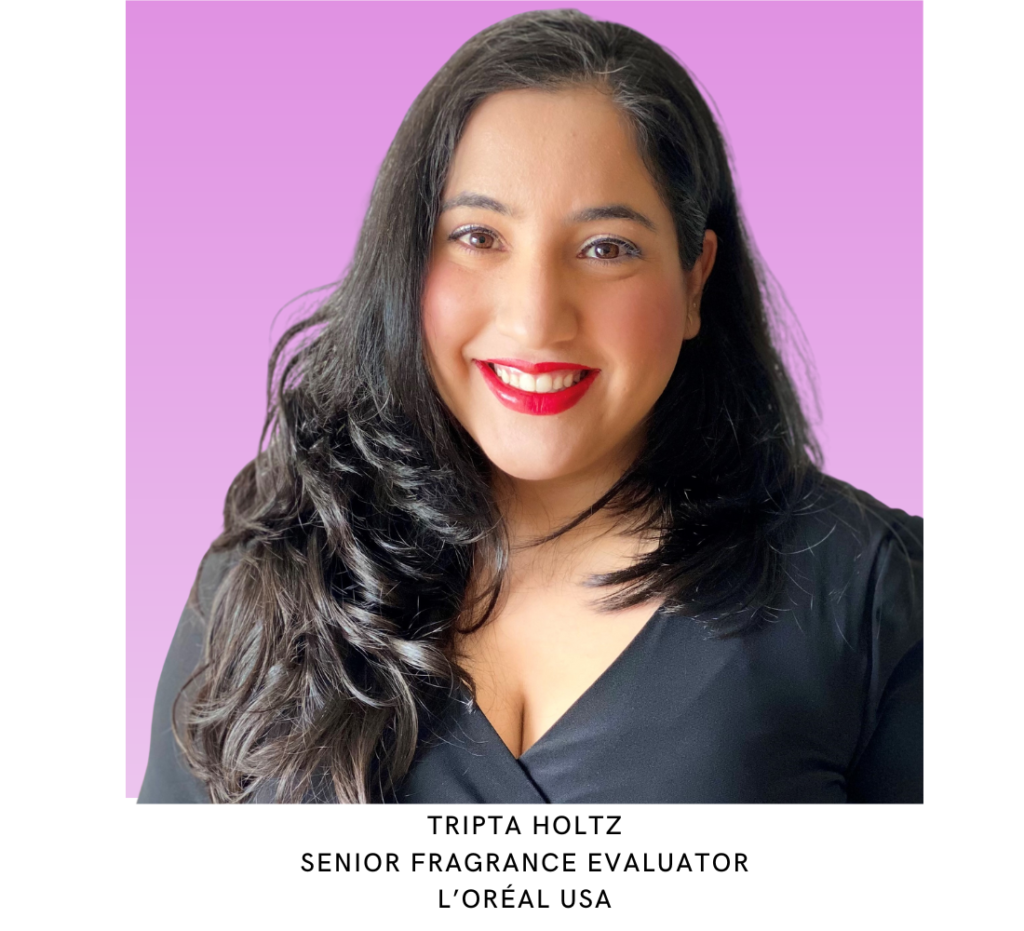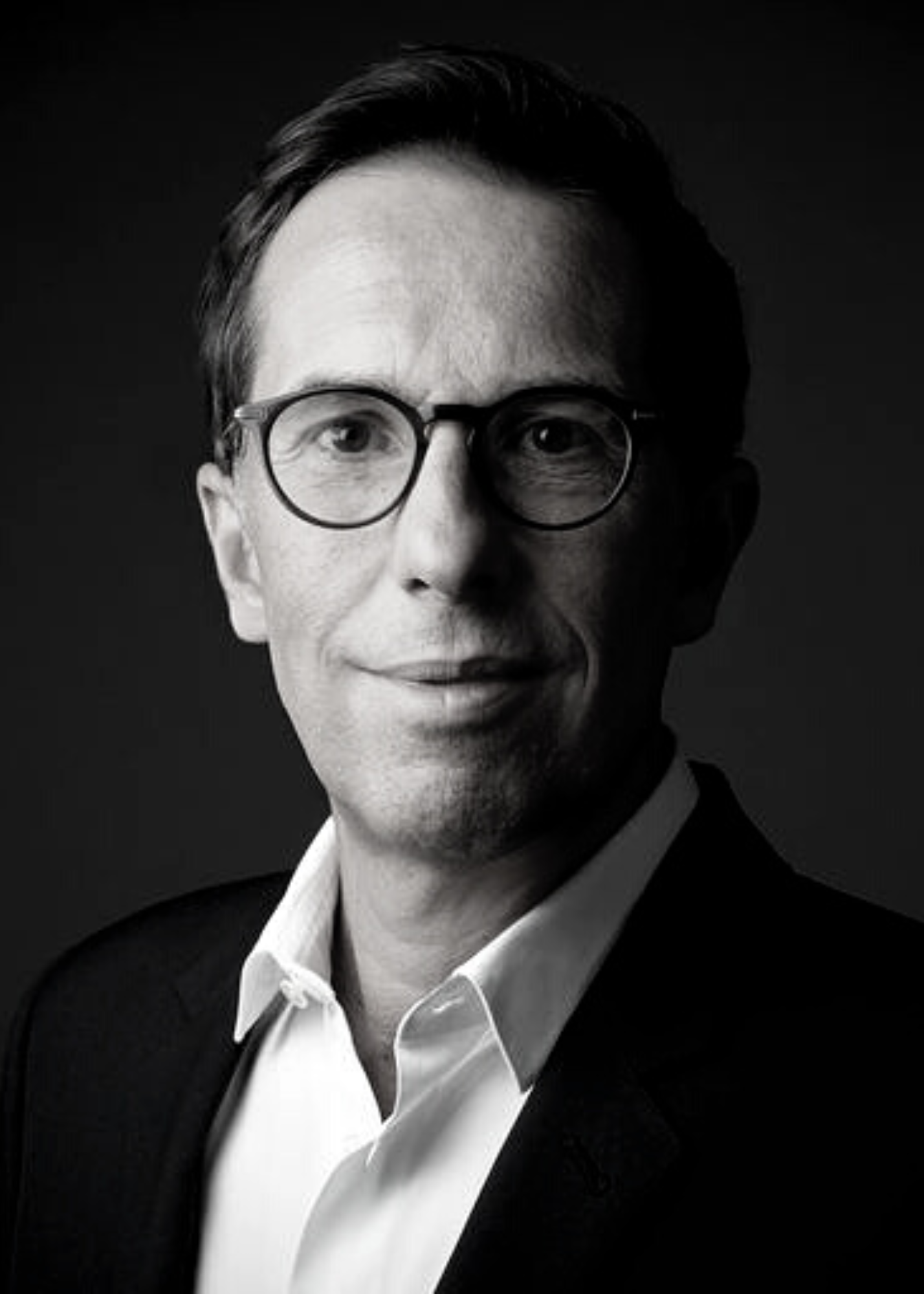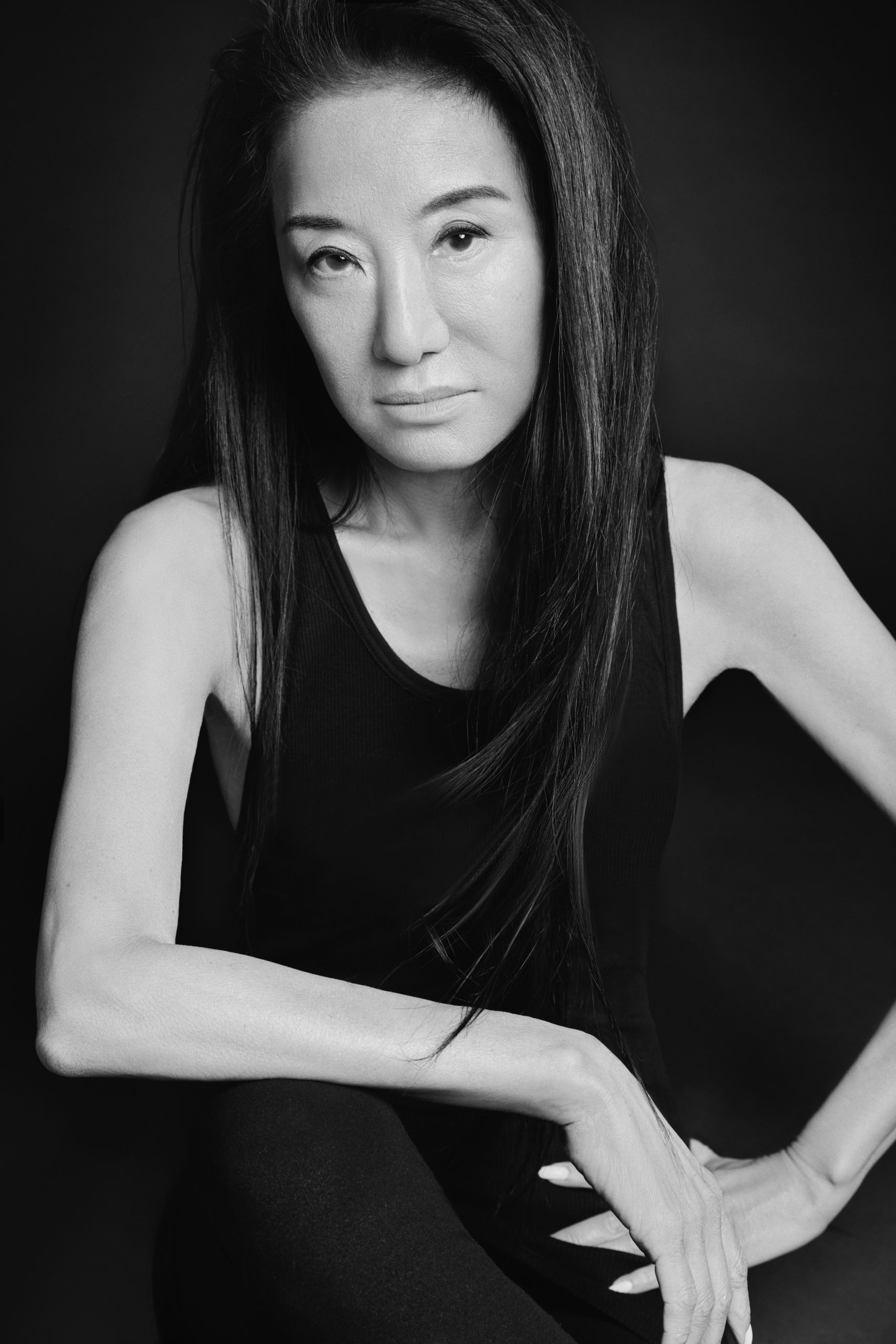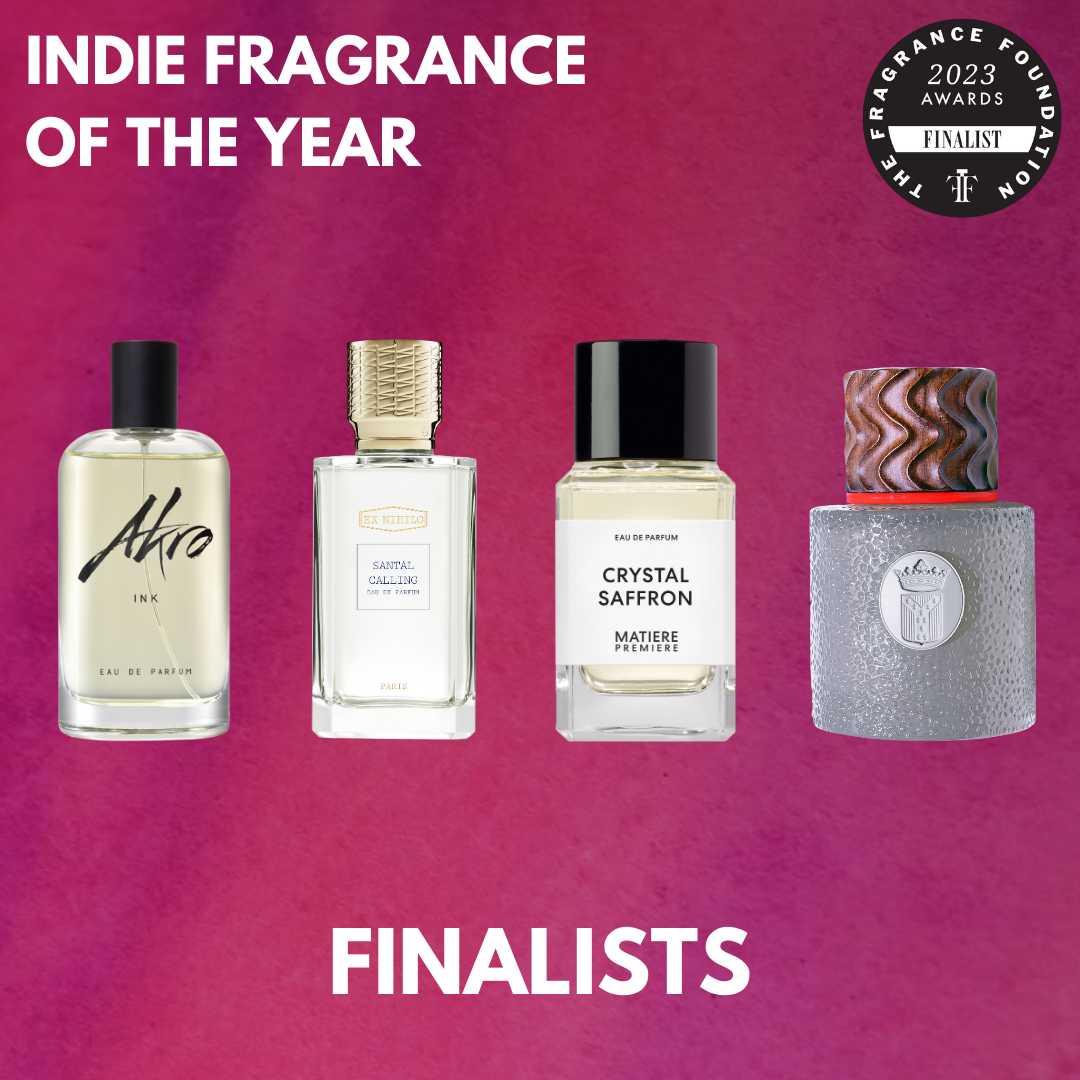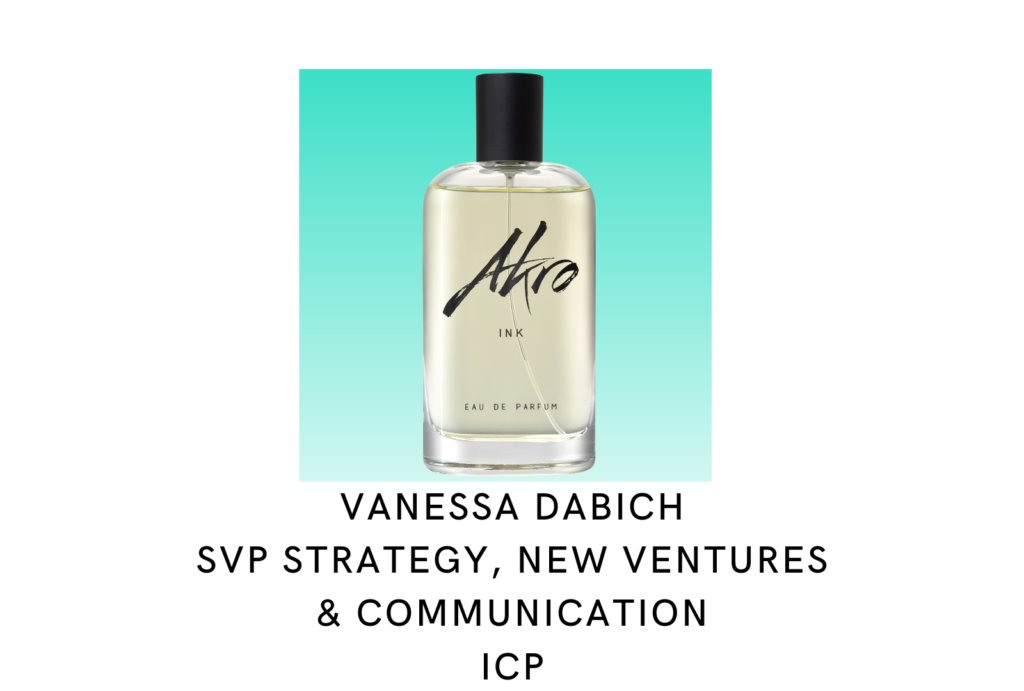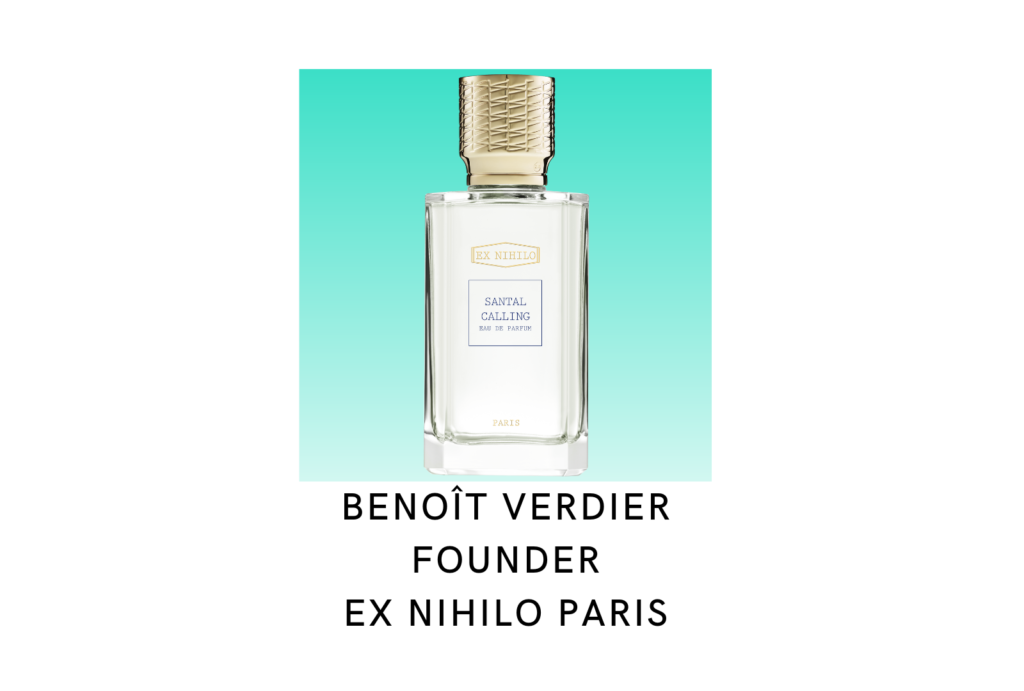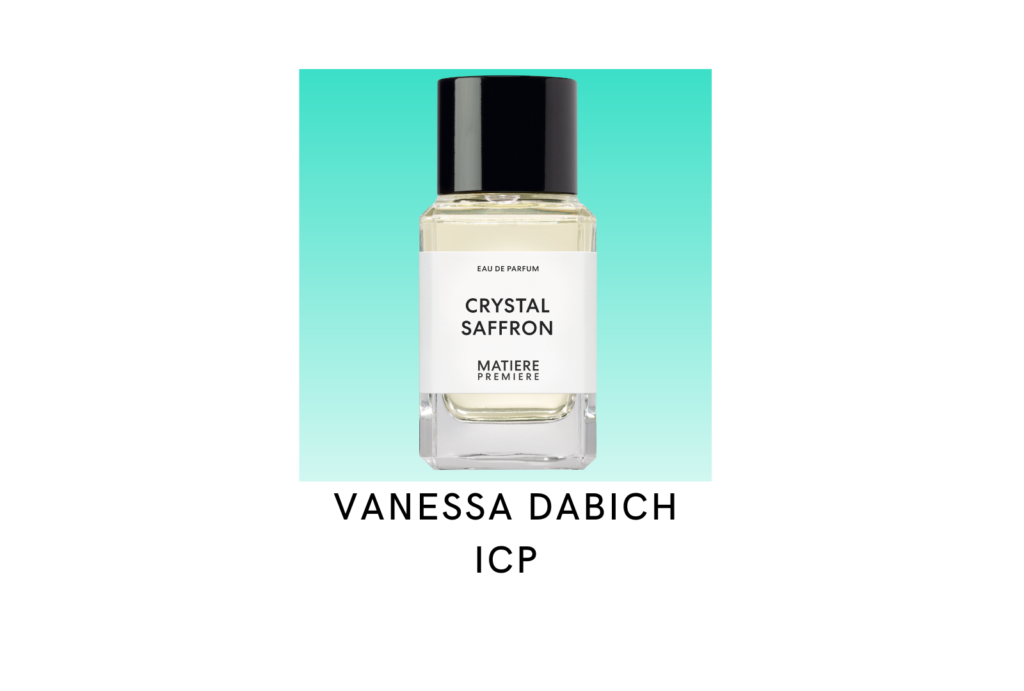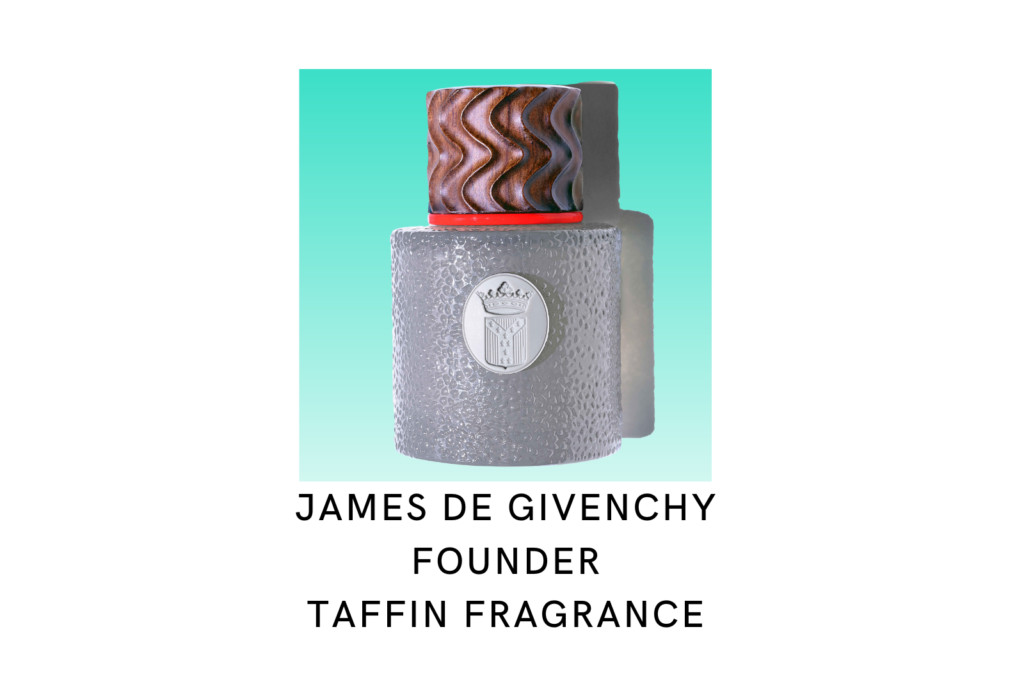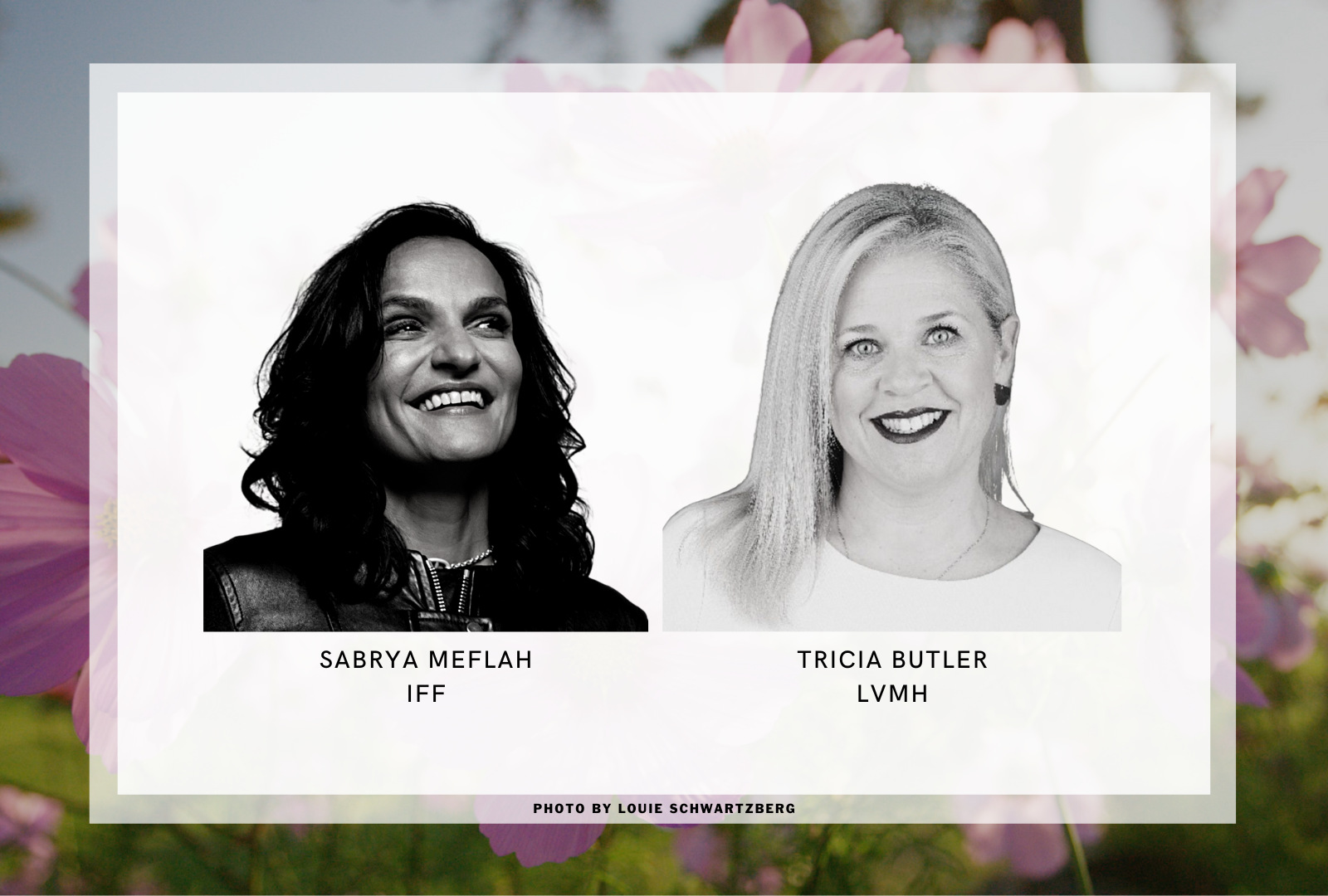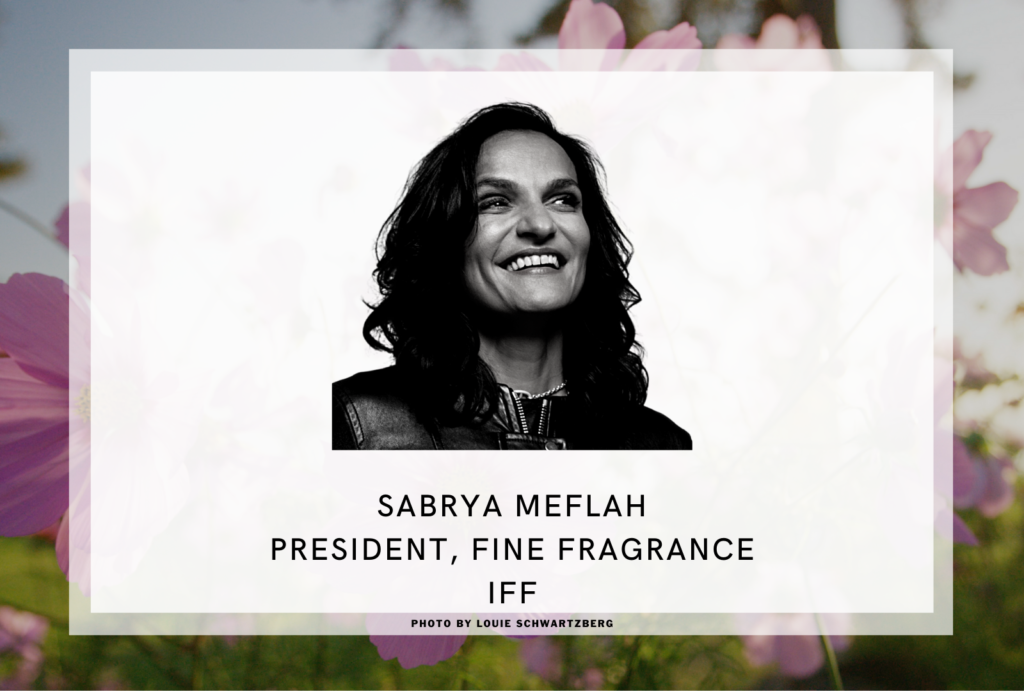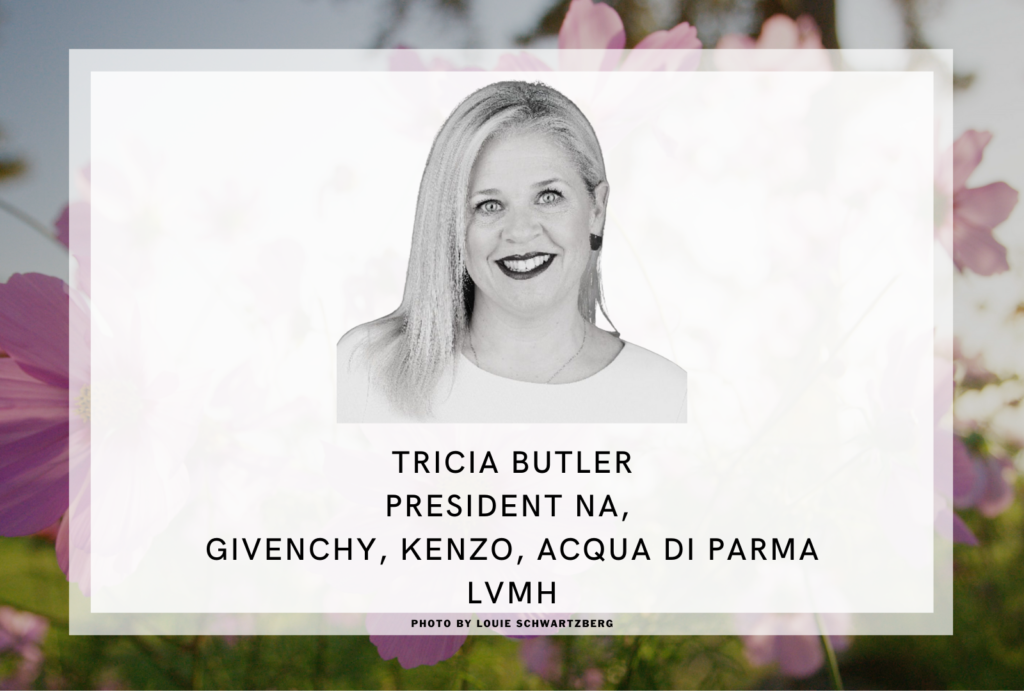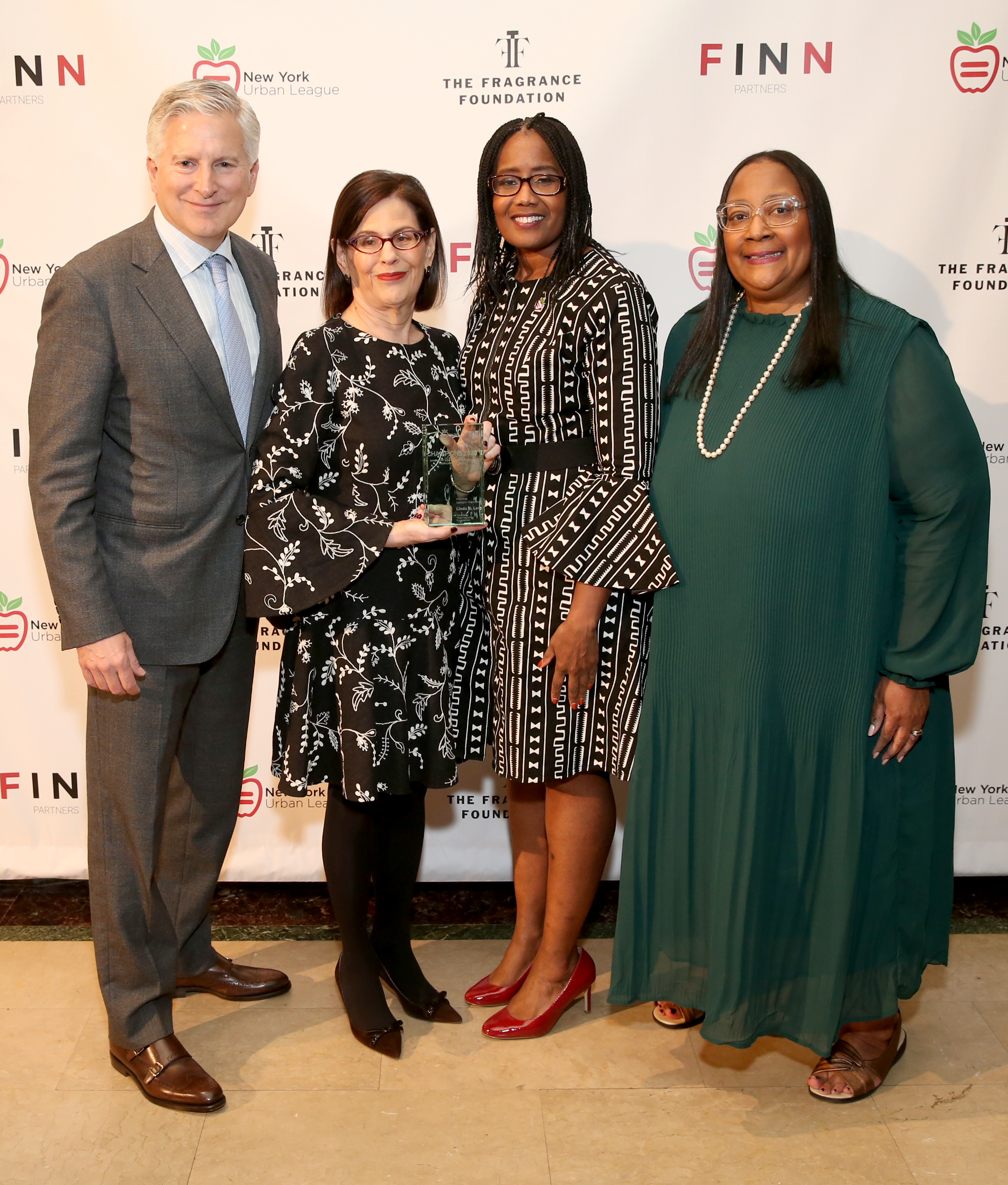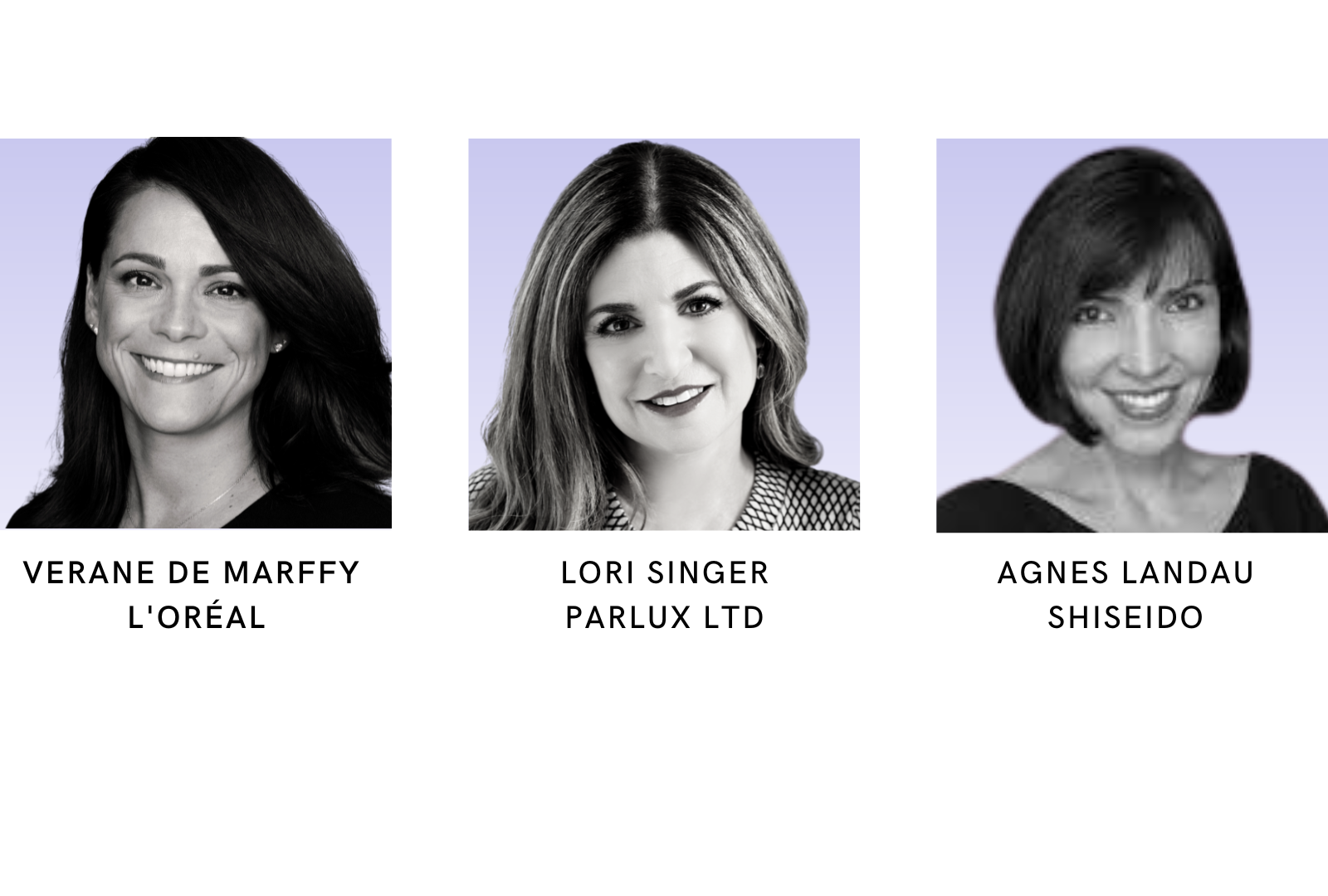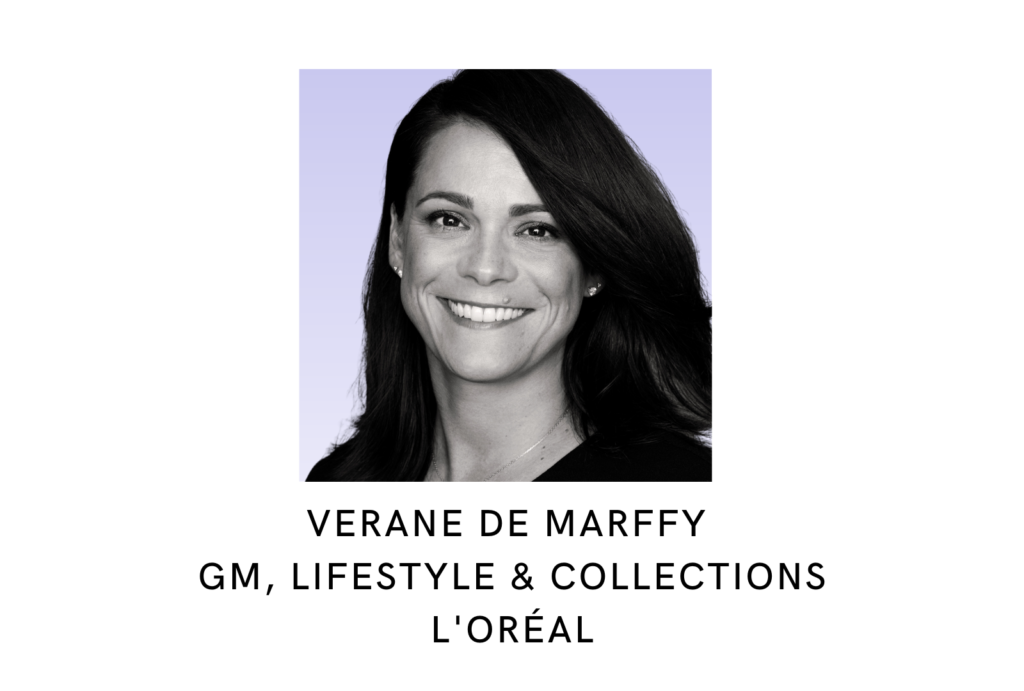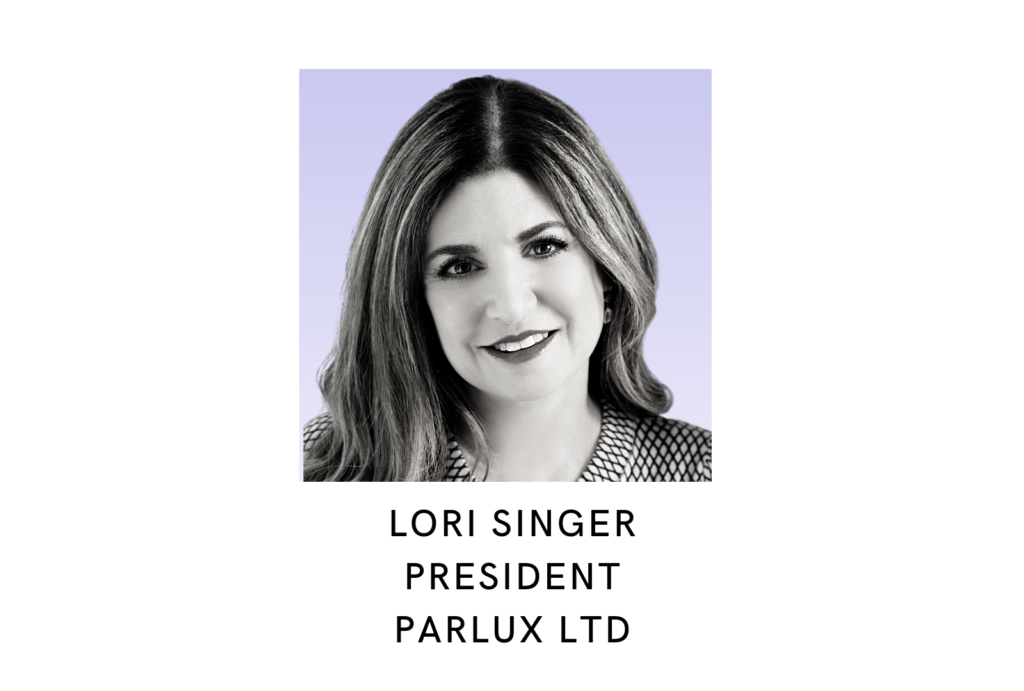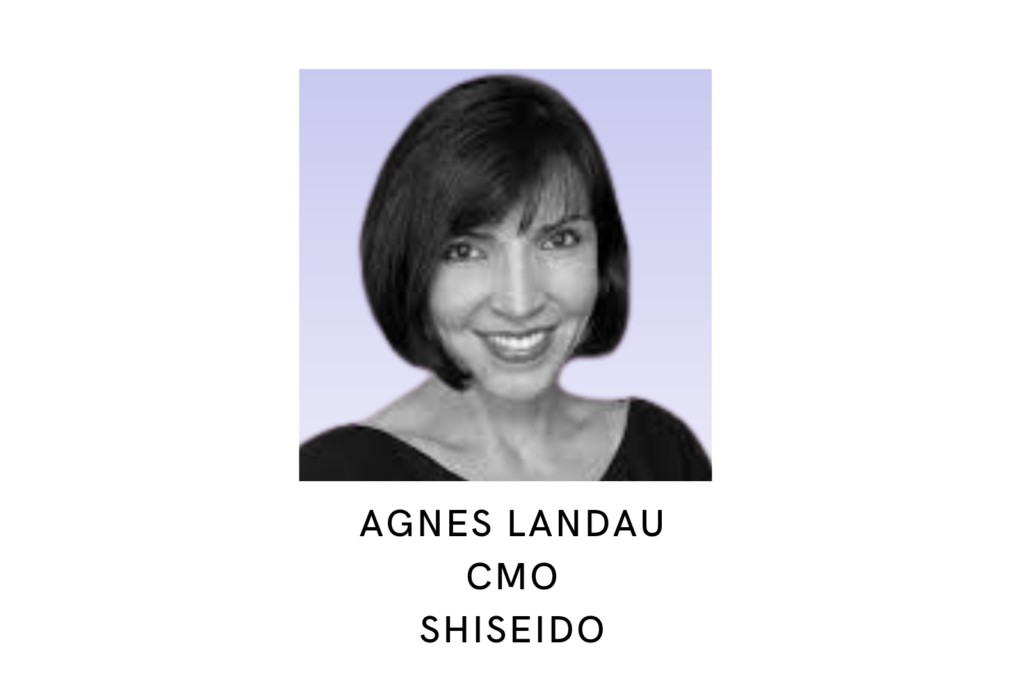A very warm welcome to the new members who have joined TFF’s community for 2026. Our fragrance community is growing stronger with each new perspective and brand story from over 20 new members. From the West Coast to the Northeast, and the South to the Midwest, and right here in the heart of NYC, the American fragrance landscape is filled with new perspectives.
What does it mean for your brand to join TFF?
Amouage has always been about the fragrance community, it is a natural fit to be part of the association that brings the professional community together and inspires the world to discover the passion of fragrance. We are excited to join a community dedicated to artistry, innovation and nurturing the connection fragrance creates.
Tell us more about your brand, how it embraces TFF’s mission of inspiring the world to discover the artistry and passion of fragrance, and our pillars such as Representation & Inclusion.
Amouage is a High Perfumery House renowned for creating some of the most finely crafted perfumes in the world. Our clientele seeks something compellingly precious, extraordinary, and personal, every day. Amouage is about pushing the boundaries of innovation and creative integrity. We believe in creating meaningful platforms to test, learn and innovate all while embracing radical transparency with our community throughout the entire process. The House looks forward to building on the legacy of its past and forming a bridge of continuity to what is to come, without ever forgetting the brand’s roots in its home of Oman.
Tell us what’s new for your brand in 2026, what are you looking forward to this New Year.
In 2026, we continue our pursuit to push the boundaries of perfumery, with a commitment to the highest quality standards. We are excited to introduce the Second Trilogy of The Essences – a collection that represents true innovation in the field of perfumery, where each creation undergoes a meticulous six-month double infusion process. We will bring further innovations within our Exceptional Extraits – representing a sublime union of extreme concentration and extended aging.
What does it mean for you/your brand to join TFF?
Joining The Fragrance Foundation is a meaningful milestone for Belle Aire Creations and a reflection of our long-standing commitment to fragrance artistry, innovation, and collaboration. Founded in 1982, our company has grown organically under the leadership of Stacey David (CEO), while remaining deeply rooted in craftsmanship and entrepreneurial spirit. TFF represents a powerful collective that shapes trends, education, and awareness around the emotional and cultural impact of fragrance. We are proud to stand alongside industry partners who share our belief in fragrance as a connector of memory, luxury, and human experience.
Tell us more about your brand, how it embraces TFF’s mission of inspiring the world to discover the artistry and passion of fragrance, and pillars such as Representation & Inclusion.
Belle Aire Creations is a fragrance-first innovation partner creating fragrances, proprietary technologies, and solutions across home, personal care, fine fragrance, and lifestyle categories. Our work is heavily influenced by fine fragrance traditions and ingredients, and a constantly evolving palette of global raw materials. Representation and inclusion are core to how we operate, reflected in our diverse leadership, creative teams, and point of view. We also established a Midwest-based Perfumer Apprentice Program to create meaningful pathways into perfumery beyond traditional hubs, supporting apprentices and junior apprentices.
Tell us what’s new for your brand in 2026, what are you looking forward to this New Year.
In 2026, Belle Aire Creations is focused on growing all sectors of our business while continuing to advance fragrance technology, malodor solutions, and multi-sensorial formats. A key addition to our portfolio is BAC Studio, a disruptive extension of Belle Aire Creations that brings fragrance and design capabilities together, allowing us to develop fine fragrance profiles from concept through creation. Through BAC Studio, fragrance becomes the foundation of holistic design, influencing visual identity, packaging, finishes, and overall brand expression. This approach enables us to create trend-forward fragrances with enduring appeal, building legacy, relevance, and presence for the future.
What does it mean for you/your brand to join TFF?
Joining the Fragrance Foundation signals Belk’s continued investment in growing and elevating our prestige fragrance business while also getting the word out that this category is a key priority for us. In our trading areas, we are the dominant player and the go to destination for fragrance, with customer search behavior and request data consistently showing that customers choose Belk when it is time to buy their signature scents. We are also expanding into new doors with proven in demand brands like Jo Malone, NEST, Tom Ford, and more, bringing even greater credibility and choice to our fragrance assortment.
Tell us more about your brand, how it embraces TFF’s mission of inspiring the world to discover the artistry and passion of fragrance, and pillars such as Representation & Inclusion.
As a privately owned department store with locations across 16 southern states and a rapidly growing online presence, our brand proudly embraces the mission of The Fragrance Foundation to inspire the world to discover the artistry and passion of fragrance. Our goal is to ensure that everyone feels valued, respected, and a true sense of belonging, reflecting the diverse communities we serve and the customers who choose us every day.
Tell us what’s new for your brand in 2026, what are you looking forward to this New Year.
Looking ahead to 2026, we are energized by major newness from Carolina Herrera, Dolce and Gabbana, Gucci, Versace, alongside continued momentum from our prestige partners. We are also reacting quickly to proven demand, like Marc Jacobs Murakami limited editions, which sold out in four weeks this past December. As we move into the New Year, we are equally excited to expand our assortment of classic, evergreen fragrances that customers return to again and again.
What does it mean for you/your brand to join TFF?
I feel privileged to be accepted as part of this organization at the forefront of fragrance and innovation. I’ve been following TFF for years and it’s evident its members are incredibly passionate about the industry, the craft, the intricacies, the history, the science, and so much more that encompasses fragrance. I look forward to a higher education on fragrance as a craft and as a business. My passion for fragrance is currently applied exclusively to my candle business. I hope to find support and guidance from experienced industry members to grow my business through distribution and different applications.
Tell us more about your brand, how it embraces TFF’s mission of inspiring the world to discover the artistry and passion of fragrance, and our pillars such as Representation & Inclusion.
Bia Candle Co. was initially created while I was living in São Paulo, Brazil and could not find quality scented candles to burn in my home. I noticed my friends loved my American candles and found a hidden demand. I joined that with my passion for fine perfume and created perfume-inspired scents – “scent your home as you do your body”. Our fragrances are selected for their sophistication and refinement along with safety considerations and performance – just like luxury perfume. I’ve noticed talking about candles and their scent notes has turned many people into discerning candle buyers.
Bia Candle Co. is 100% woman-owned and minority-owned, operated and funded. Born in the USA, I’ve lived here and in Brazil for parts of my childhood and adulthood. My international experience allows me to see people for who they are.
Tell us what’s new for your brand in 2026, what are you looking forward to this New Year.
For 2026 we are striving to grow our distribution channels and add more functional fragrance candles to our line. We also want to add accessories that customers will appreciate. Bia Candle Co. has established a positive reputation amongst a loyal community of candle buyers for sustainably manufacturing, small batch, very high-quality scented and safe candles. We hope the reputation we have tightly knit continues to grow through word-of-mouth and converts to an increase in revenues in 2026 and beyond. As a newbie entrepreneur in fragrance and a new member of TFF, I look forward to gaining knowledge and know-how of the amazing craft and industry of fragrance.
What does it mean for you/your brand to join TFF?
Joining The Fragrance Foundation is both an honor and an energizing milestone for Cohere Beauty. Since our inception, we’ve operated behind the scenes as a trusted partner to fragrance brands of every size, from emerging indie brands to global names. Becoming a member of TFF connects us more deeply to the industry and community we serve.
TFF’s commitment to elevating the artistry of fragrance resonates deeply with us – as a chemist, I am amazed by the complexity and history of the market. As a manufacturer, our craft is often unseen, yet it is foundational: we blend, assemble, protect, and perfect the finished product that ultimately reaches the consumer. Membership gives us the opportunity to contribute our unique expertise, participate in critical industry dialogues, and help champion the future of fragrance alongside the leaders who are shaping it.
Tell us more about your brand, how it embraces TFF’s mission of inspiring the world to discover the artistry and passion of fragrance, and our pillars such as Representation & Inclusion.
Cohere Beauty operates at the intersection of chemistry, engineering, craftsmanship, and creativity in order to bring a brand’s vision to life. At our purpose-built fragrance facility, our teams specialize in regulated blending, high-speed filling, meticulous assembly and what we call true double white-glove service – the level of care required for ornate bottles, custom decorations and the intricate details that make fragrance packaging so special.
We embrace TFF’s mission through the precision of our work. Every product we play a role in creating is an act of honoring the artistry of fragrance and ensuring it arrives to consumers exactly as the brand imagined. Our facility teams, many with 15–25 years of fragrance experience, approach each project with a craft mindset, even when running at the speed and scale required for major launches.
Representation and inclusion are built into how we operate. We are proudly a female-led organization, and women hold leadership roles across our company, from the C-Suite to R&D to business development. Many of our customers are women-led or minority-led brands, and we take seriously our responsibility to help them enter the market with confidence.
Ultimately, our role is to ensure that every fragrance we play a role in creating receives the same level of care, safety, stability, and presentation-ready quality that allows it to inspire the world.
Tell us what’s new for your brand in 2026, what you are looking forward to in the New Year.
2026 is shaping up to be one of the most exciting years in Cohere Beauty’s history. Demand for fragrance remains incredibly strong, and we are expanding our capabilities to meet the needs of a market that’s evolving faster than ever. We’re looking forward to:
Elevated Blending & Speed Capabilities: We continue to invest in our regulated blending operations, which is one of our strongest differentiators and a capability many manufacturers cannot offer due to the complexity of handling alcohol and flammable materials.
Support for Next-Generation Formats: We expect continued momentum in body mists, functional fragrances, and hair perfumes – the formats fueling growth among Gen Z and Gen Alpha. We’re excited to help brands experiment with layering, wellness-driven scent profiles, and hybrid formulas that merge beauty and self-care.
Precision at Scale: As we prepare for a new wave of launches, we’re optimizing our 18 highly flexible filling and assembly lines, which already allow us to produce up to 200,000 units per day, to offer even more speed without sacrificing the meticulous quality that defines our work. Our cello-wrapping operations, among the best in the U.S., will also see expanded capacity to support elevated secondary packaging.
Regulatory Readiness & Guidance: With major global regulatory deadlines nearing, we are preparing to guide brands through a more complex compliance landscape.
Deepening Our Industry Presence: We look forward to engaging more deeply with TFF and the broader fragrance community—industry roundtables, or through new collaborations and education. Our teams thrive when they get to work closely with creators and founders, and TFF will help us amplify those connections.
What does it mean for you and your brand to join The Fragrance Foundation?
Joining The Fragrance Foundation is a meaningful milestone for Elysian Parfum. Our work is rooted in artistry, emotion, and storytelling. Being part of TFF places Elysian within a community that values fragrance as an art form and recognizes the importance of craft, education, and creative integrity. It reinforces our belief that story driven, small batch perfumery has a vital place within the broader fragrance landscape.
Tell us more about your brand and how it embraces TFF’s mission
Elysian Parfum is an award winning fragrance brand founded and led by a woman perfumer. The brand is built on memory, longing, and emotional storytelling, with each fragrance handcrafted in small batches and designed to feel immersive and intentional.
Operating outside traditional industry pipelines has shaped how I approach perfumery. I focus on craftsmanship, creative freedom, and making fine fragrance approachable rather than intimidating. Through both Elysian Parfum and our experiential retail space, The Scented Cottage, I encourage people to explore fragrance as an art form through discovery, education, and direct engagement with the creative process. This aligns naturally with TFF’s mission to inspire the world to discover the artistry and passion of fragrance.
What is new for your brand in 2026, and what are you looking forward to this year?
2026 marks the launch of The Tea Party Collection Volume II, a collection designed to showcase the range and versatility of my work as a perfumer. The collection stretches across styles and structures, allowing me to push creative boundaries while remaining thoughtful and wearable.
We recently opened pre orders for Velvet Plum Tea, the first release from Volume II, and it sold out in just five hours. The response affirmed the strength of our community and the appetite for imaginative, story driven fragrance.
Looking ahead, I am excited to continue expanding our collections, growing our educational offerings, and strengthening our presence through new retail partnerships and international opportunities. This year represents creative momentum, refinement, and a continued commitment to honoring fragrance as an art form.
What does it mean for Free Yourself to join TFF?
Joining The Fragrance Foundation is an incredibly meaningful milestone for Free Yourself. TFF represents the highest standard of artistry, integrity, and cultural impact in fragrance, and we’re honored to be part of a community that celebrates scent, not just as product, but as creative expression. For us, membership signals a shared commitment to elevating fragrance as both art and human experience.
Tell us more about your brand, how it embraces TFF’s mission of inspiring the world to discover the artistry and passion of fragrance, and our pillars such as Representation & Inclusion.
Free Yourself reimagines fragrance as ritual – clean, mindful, and emotionally resonant scent created for everyday life. Drawing from perfumery craftsmanship and Positive Psychology, we design fragrances that invite presence, connection, and self-expression. Our commitment to representation and inclusion is rooted in accessibility and emotional universality: unisex, story-driven scents meant to resonate across identities, generations, and cultures – because fragrance, at its best, belongs to everyone. At its heart, Free Yourself exists to create space – for individual reflection and collective flourishing.
Tell us what’s new for your brand in 2026 and what you’re looking forward to this New Year.
In 2026, we’re deepening our focus on fragrance as a tool for well-being and ritual, grounded in the Mindful Collection – SAVOR, AWE, and VIBE – which explores emotional states closely linked to flourishing. Among them, SAVOR feels especially resonant right now, reflecting a growing cultural need to slow down, stay present, and fully experience what’s good as it’s happening. Alongside this, we’re expanding the storytelling around our Elements Collection, connecting scent more intentionally to creativity, meaning, and everyday presence. This year is about growth with intention: strengthening community, refining craft, and continuing to make fragrance feel personal, relevant, and alive.
What does it mean for your brand to rejoin TFF?
It is such a joy to rejoin TFF. On behalf of our Owner/Founder, Lola Tillyaeva, myself and our team, rejoining this year is so meaningful, as we are celebrating our 10th Anniversary for The Harmonist, this year and 10 years of harmony through scent. Being part of TFF completes our circle of success and the opportunity to be part of a community which inspires the world to discover the artistry, passion and the beauty of the world of perfume.
Tell us more about your brand, how it embraces TFF’s mission of inspiring the world to discover the artistry and passion of fragrance, and our pillars such as Representation & Inclusion
The Harmonist began as an idea to bring balance through scent. A US based company with French niche fragrances which aims to bring balance and well-being to the wearer through the power of scent. Our perfumes are made of the finest ingredients “Orpur” status and the raw materials in our products are ethically sourced, respecting both the customer and nature. Our perfumer Guillaume Flavigny, always says he loves working with Lola Tillyaeva, owner and creative director, as he is given no restraints, no timeline and no budget to create. Therefore he has the freedom to create with Lola’s direction on the energy she would like to evoke. The result is truly exciting and it is what has captured our clients both here in the US and globally. Lola has invested a great deal of time, love, and creativity into this brand and coupled with a sales team that is truly passionate about the brand story. Yin/Yang energy, the Feng Shui story and the fact this is serious perfume. It’s well-made and perfectly designed structure. We talk to the energy but more importantly it’s about the complex well-balanced Parfum.
“We believe that scent has the power to turn an individual’s attention inward, and to encourage them to trust their senses and to be guided by instinct and intuition. Balance is our product’s most important expression. Our scents must be balanced in themselves, both in their creation and their presentation. They must also balance the wearer, so they can begin to discover themselves.”
Tell us what’s new for your brand in 2026, what are you looking forward to this New Year.
This New Year we will focus on our newest launch collection- Nebula – where the stars and the senses are born. This is a collection of two limited distribution fragrances, Oud Nebula which launched in Spring of 2025 and Floare Nebulae which launched in Fall of 2025 and now in all stores for 2026. Both fragrances are complex and range from sweet and resinous to woody and balsamic. They were created to be worn alone or layered to allow the wearer to create a 3rd fragrance experience.
And to celebrate The Harmonist 10th anniversary, we will look back to the roots in which the brand story is based and focus on the Lunar New Year 2026 The Year of the Horse, specifically the Fire Horse, symbolizing energy, freedom, strength, and rapid change. We will relaunch the Hypnotizing Fire EDP which will add to the collection we call Fire and the top selling parfum extrait Hypnotizing Fire Parfum. This fragrance evokes passion, intuition and love …a warm feeling from candle light, a complex but warm hug to the wearer of vanilla and ambers.
The entire team at The Harmonist wishes you all a Lunar New Year filled with happiness, success and harmony.
What does it mean for the House of Dastan to join TFF?
For the House of Dastan Fragrances, joining The Fragrance Foundation signifies an important moment of recognition, an affirmation of our commitment to craftsmanship, cultural storytelling, and the art of scent creation. It validates our mission as a fast-growing fragrance house with a unique narrative, one that seamlessly weaves together the perfume heritage of the United States, France, and Iran. Becoming part of this prestigious community would allow Dastan to learn, grow, and collaborate with industry leaders and passionate fragrance innovators. It offers us the opportunity to continually elevate our artistry, refine our vision, and create perfumes that honor the depth and beauty of the three cultures that inspire us. Most of all, joining The Fragrance Foundation would empower the House of Dastan to share its story on a broader stage, inviting people to experience and fall in love with scents that embody cultural fusion, authenticity, and emotional connection.
Tell us more about your brand, how it embraces TFF’s mission of inspiring the world to discover the artistry and passion of fragrance, and our pillars such as Representation & Inclusion.
The House of Dastan Fragrances embodies The Fragrance Foundation’s mission by transforming perfumery into a true art of storytelling. Inspired by the elegance of Persian heritage and refined through Parisian craftsmanship, each Dastan fragrance is created as a “dastan”—a story—expressed through intricate compositions that evoke emotion, memory, and cultural depth. Our designs pay homage to the symmetry and artistry of Persian palaces, while our scents unfold like chapters of timeless narratives. Founded by a female founder and her sibling, united by their shared cultural roots and decades of experience in the fragrance industry, Dastan champions representation by bringing the beauty, sophistication, and mythology of Middle Eastern artistry into the global fragrance landscape. With a creative process shaped by community input and a commitment to inclusivity, we strive to make the world of fragrance more diverse, more expressive, and more connected—inviting all to discover the passion, craftsmanship, and cultural richness that define the House of Dastan.
Tell us what’s new for your brand in 2026, what are you looking forward to this New Year.
In 2026, the House of Dastan entered a dynamic new era of innovation, expansion, and artistic evolution. We are introducing new fragrance narratives inspired by the deeper symbolism of Persian mythology and the striking geometry of its architectural heritage, creations that continue our mission of transforming cultural stories into modern, unforgettable olfactive experiences. This year also marks a significant step in expanding our global presence through strategic partnerships and new market entries, allowing us to bring Dastan’s artistry and authenticity to a broader international audience. We are equally excited to advance our creative collaborations with perfumers, integrate more sustainable practices across design and sourcing, and unveil refined bottle and packaging concepts that further celebrate the symmetry, craftsmanship, and cultural legacy at the heart of our brand.
Above all, 2026 is a year centered on meaningful connection: deepening engagement with our community, sharing new “dastans,” and continuing to elevate voices and aesthetics that are often underrepresented in the fragrance world. With renewed purpose and vision, the House of Dastan looks forward to making 2026 a defining year one of growth, innovation, and evocative stories told through scent.
What does it mean for House of Iyrah to join TFF?
Joining TFF is an important milestone for House of Iyrah as a values-driven, culturally rooted brand. It allows us to align with a global community that champions innovation, sustainability, and meaningful impact. Through this membership, we hope to build a community with like-minded creatives, gain greater visibility for our story and craftsmanship, and strengthen our commitment to intentional, ethical, and culturally rich creation. Ultimately, TFF will help us grow more with purpose while expanding our reach and deepening our impact.
Tell us more about your brand, how it embraces TFF’s mission of inspiring the world to discover the artistry and passion of fragrance, and our pillars such as Representation & Inclusion.
House of Iyrah is a brand I created from my lifelong connection to storytelling and scent. As a child, my mother was anosmic, so I learned to describe fragrances to her through touch, emotions, and memories. Those early experiences shaped my belief that fragrance is more than smell; it’s a feeling, a story, and a moment shared.
We embrace TFF’s mission by showcasing the artistry and passion behind our fragrances through narrative. Every scent we create is inspired by my personal memories, allowing people to connect with fragrance on an emotional and sensory level whether or not they can physically smell it.
House of Iyrah exists so that everyone, regardless of sensory ability or background, can experience fragrance through storytelling. By sharing diverse, personal narratives, we hope to broaden the voices reflected in the fragrance world and create a space where more people feel seen, included, and connected.
Tell us what’s new for your brand in 2026, what are you looking forward to this New Year.
In 2026, House of Iyrah is entering a year of intentional growth and creative expansion. We are preparing to release new fragrances that continue to honor our storytelling roots and celebrate cultural artistry. Alongside these launches, we are focused on building meaningful partnerships that align with our values and help us share our vision with a wider community.
We look forward to a year filled with collaboration, innovation, and deeper connections bringing new stories, new scents, and new opportunities to life.
What does it mean for you/your brand to join TFF?
It is an honor to be a member of TFF. It has been a goal that I have had for many years. It is also a privilege to connect with the wide range of Brands, Retailers and Fragrance Houses.
Tell us more about your brand, how it embraces TFF’s mission of inspiring the world to discover the artistry and passion of fragrance, and our pillars such as Representation & Inclusion.
I started Laguna Candles in 2003 and have always found joy and peace through the world of fragrance. Candles have become my happy place. With the lighting of one, I could transport to another place or time. I knew I wanted to share this experience with the world, but in a way that felt different. At the time, I couldn’t find any candles that offered a truly clean burn and fragrance, and I knew we could do better. I was also deeply inspired by the natural beauty of the Laguna coast and wanted to encapsulate that essence in a clean, sustainable candle.
Tell us what’s new for your brand in 2026, what are you looking forward to this New Year.
We are excited to introduce our newest Collection and the story behind each fragrance which shares our 20-year journey and rituals that have brought meaning and richness to our Brand and story.
What does it mean for you/your brand to join TFF?
We are thrilled to join TFF. I have been so inspired by the way Linda is leading the foundation and how she and TFF are championing indie fragrance brands like L’Amour Mere. Fragrance is a multi-layered business and TFF helps the public understand the complexity and artistry of fragrance through their leadership, education, and events as well as the high standards they uphold.
Tell us more about your brand, how it embraces TFF’s mission of inspiring the world to discover the artistry and passion of fragrance, and our pillars such as Representation & Inclusion.
L’Amour Mere is a multigenerational fragrance brand founded by Natasha Gregson Wagner. L’Amour Mere is driven by the belief that scent connects us to memories, to healing, and to love-the invisible language of perfume, spoken through three generations of women, connecting nostalgia with fresh modernity. My mother Natalie Wood was ahead of her time as far as speaking up and out for equal rights and pay among women, supporting the LGBTQ community and standing for truth and justice. L’Amour Mere carries her legacy forward through our perfumes.
Tell us what’s new for your brand in 2026, what are you looking forward to this New Year.
We just launched in July of 2025 so our plan for 2026 is to grow our brand awareness. We are collaborating with a lab grown diamond company called GRWN, where we are adding 10 diamonds equal to one carat into a limited amount of Natalie bottles. What’s better than diamonds and perfume? Diamonds In perfume.
I am also working on a fourth scent to add to the collection.
What does it mean for The Laundress to join The Fragrance Foundation?
Joining The Fragrance Foundation marks a defining moment for The Laundress as we continue to highlight our leadership spanning two decades in the evolving fragrance landscape. Fragrance has always been at the heart of our brand, transforming everyday fabric care into elevated rituals of self-expression. This partnership connects us with the most influential voices in the industry, reinforcing our commitment to craftsmanship, elevation, and education in scent. For us, this is not just an affiliation, it’s a statement that The Laundress is shaping the future of fragrance care. We’re proud to bring a unique perspective on how fragrance extends beyond the bottle and into daily life.
Tell us more about your brand and how it embraces TFF’s mission, including pillars like Representation & Inclusion.
The Laundress pioneered the premium laundry category over 20 years ago, redefining what clean smells like by introducing fine fragrance into fabric care and home cleaning. At a time when the category was dominated by conventional brands, we introduced a new standard, pairing exceptionally layered, expressive scent with advanced textile science.
Everyone has dirty laundry and deserves a clean that feels good. Our approach to craftsmanship reflects our belief that fragrance is deeply personal, expressive, and inclusive. We are intentional about the perfumers we collaborate with, focused exclusively on world-class perfumers in the fine fragrance divisions at fragrance houses (rather than home care). This is because we know scent is critical to building powerful memory structures and identities, and fine fragrance perfumers design for emotional nuance. They focus on how a fragrance opens, settles, and lingers, and most importantly how it makes someone feel over time. In addition to that, our high innovation standards require scents that are not only luxurious, but also designed specifically to withstand the harsh conditions of washing and drying to linger beautifully on fabrics.
We share TFF’s mission to bring fragrance storytelling to life across identities and lifestyles, especially evident through our recent creator partnerships like Briel, Isabel Tan, Fragranceknowledge, Professor Perfume, and Cameron. Through our collections, we empower people to embrace fragrance as part of their daily rituals, whether caring for their favorite white T-shirt, cashmere sweater, or heirloom linens.
What’s new for The Laundress in 2026, and what are you most excited about this year?
Fragrance has evolved far beyond traditional perfume formats and is becoming a lifestyle category, and we’re excited to continue leading the premium laundry space by being at the forefront of that transformation. We are entering 2026 feeling energized, continuing to build on the momentum of our award-winning and five-time sellout collection Beauty Sleep: a serene sandalwood and lavender scent for bedding and sleepwear, as well as the recent launch of our Indulgent Collection: a true luxury line of ultra-fine fragrance detergents, each scent designed to linger on fabrics up to seven days and evoke three distinct moods to be worn with the same emotional intent as a signature perfume or cologne.
What does it mean for you/your brand to join TFF?
Joining The Fragrance Foundation is a meaningful milestone for Maison du Roc. TFF represents the highest standards of creativity, excellence, and integrity in perfumery, and we are grateful to be welcomed into that community. It affirms our commitment to elevating the art of fragrance and contributing thoughtfully to the industry’s future. Being part of TFF allows us to amplify our vision while learning from and connecting with leaders we admire.
Tell us more about your brand, how it embraces TFF’s mission, and our pillars such as Representation & Inclusion.
Maison du Roc is a fine fragrance house built on the belief that true luxury stems from patience, craftsmanship, and intentional creation. All of our fragrances are composed in Grasse by world-class perfumers, with an emphasis on emotional storytelling and modern refinement. As a young, female-founded brand, we deeply align with TFF’s commitment to representation and inclusion, working to broaden the perspectives and voices present in niche perfumery. Through genderless compositions and universally resonant narratives, we strive to inspire more people to experience the artistry and humanity of fragrance.
Tell us what’s new for your brand in 2026 and what you are looking forward to.
2026 will be an exciting year of growth for Maison du Roc as we expand into new global markets and introduce our next fragrance release. We are investing in deeper brand storytelling through immersive experiences and elevated in-person moments. Strengthening our retail partnerships and meeting more members of the fragrance community is a key priority. Above all, we look forward to continuing to share our world with a wider audience and contributing meaningfully to the TFF community.
What does it mean for you/your brand to join TFF?
It is a joy and a source of pride to join this beautiful institution, with which we share the same vision of olfactory art and the same values of high standards and creativity. This is an opportunity to share our olfactory imagination and see our concept of perfume shine across the Atlantic!
Tell us more about your brand, how it embraces TFF’s mission of inspiring the world to discover the artistry and passion of fragrance, and our pillars such as Representation & Inclusion.
Through Memo Paris, our niche perfume house created in 2007, we offer slow, olfactory journeys inspired by places that possess a special aura, a unique grace. We transform destinations into emotions, landscapes into notes. Using the magic of perfumes is our way of celebrating the beauty of the world, of remaining curious and eager to understand the importance of everything that surrounds and transcends us. In a way, we are trying to redraw a world without countries, without borders or continents, but as a sensory and olfactory world map where ingredients, fragrances and people share a common territory. We consider our unisex fragrances to be a gesture of freedom, a testimony to humanity, a form of presence in the world that engages the senses and connects us to ourselves, since they involve our skin, but also a means of connecting us to others. In this sense, we feel close to the idea of representation and inclusion.
Tell us what’s new for your brand in 2026, what are you looking forward to this New Year.
A new destination will enchant spring and summer with a luminous, maritime spirit. The sun and its light will definitely be our greatest allies in the year ahead, reflected in everything from our packaging to our boutiques: the future evolution of our visual identity resembles a kind of small revolution, like the earth revolving around the sun!
What does it mean for Newell/Yankee Candle to join TFF?
Joining The Fragrance Foundation reinforces that fragrance is truly at the heart of Yankee Candle. It is central to how we spark emotion, tell stories, and bring joy into people’s lives.
As a fragrance first brand, we are proud to stand alongside The Fragrance Foundation in its mission to inspire and educate consumers, nurture creative talent, give back to our communities, and champion meaningful experiences that celebrate and advance the artistry of fragrance.
Tell us more about your brand, how it embraces TFF’s mission of inspiring the world to discover the artistry and passion of fragrance, and our pillars such as Representation & Inclusion.
Yankee Candle is a brand with more than 50 years of heritage, built on the belief that every scent tells a story and has the power to spark joy, connection, and self-expression. From its beginnings as a hand poured candle to becoming an icon of home fragrance, the brand has consistently made expertly crafted, true to life fragrances accessible, inviting consumers to discover emotion, joy, and meaning through scent. In alignment with The Fragrance Foundation’s mission, we celebrate the artistry and passion of fragrance while fostering creativity, supporting representation and inclusion across our teams and partners, and contributing to a community that uplifts talent and expands how fragrance is experienced and appreciated.
Tell us what’s new for your brand in 2026, what are you looking forward to this New Year.
In 2026, Yankee Candle is focused on building momentum through a strategy that brings together core innovation, seasonal storytelling, and premium expansion. We are excited to introduce new and refreshed fragrances across candles, reeds, and non-candle formats, alongside culturally relevant limited editions and collaborations that invite discovery and spark emotional connection. As we continue our global brand relaunch, we look forward to creating meaningful fragrance experiences that engage new consumers, elevate the category, and celebrate the power of scent in everyday life.
What does it mean for you/your brand to join TFF?
Joining The Fragrance Foundation feels like a full-circle moment—an acknowledgment of years spent building a brand from pure passion, imagination, and grit. For Reisfields, it’s stepping into a room we’ve long admired and finally being seen as part of the story shaping fragrance today.
Tell us more about your brand and how it aligns with TFF’s mission.
Reisfields was born in my home with the belief that scent can hold memory, emotion, and identity all at once. Our sculptural vessels, all made in-house, only amplifies our dedication to craftsmanship. As a Black-owned brand, our work naturally echoes TFF’s mission by widening the lens of who gets to create, tell stories, and be represented in the world of fragrance—inviting more people to see themselves in this art form.
What’s new for your brand in 2026, and what are you looking forward to?
2026 marks a new chapter, as Reisfields celebrate our 10 year anniversary. New collections are on the horizon that feature pieces that blur the line between object and emotion. I’m looking forward to deeper storytelling, meaningful collaborations, and building spaces where people can experience scent not just as a product—but as a moment they want to return to.
What does it mean for you/your brand to join TFF?
Joining TFF feels like a real moment for SIDIA – our vision for modern scent has found its place within the larger fragrance landscape. I’ve admired this community for years, so being welcomed feels both grounding and electric. It’s an opportunity to be in conversation with the people who are truly shaping fragrance culture, and to bring our own perspective on ritual, home, and heritage into that dialogue.
Tell us more about your brand, how it embraces TFF’s mission of inspiring the world to discover the artistry and passion of fragrance, and our pillars such as Representation & Inclusion.
SIDIA was born from the belief that the small, daily rituals we inherit, often from the matriarchs in our lives, hold so much meaning. Our approach to fragrance is deeply sensorial and deeply human. Representation is our origin story: a brand built to honor real women, real histories, and the beauty of being seen. If we can help people feel more at home in their bodies and their lives through scent, then we’re doing the work.
Tell us what’s new for your brand in 2026, what are you looking forward to this New Year.
2026 is about expanding the SIDIA universe with new fragrance, new textures, and new ways to deepen ritual. Last year showed us how much people love and trust our fragrances. Through the expansion of the BRALESS collection, we learned what it means to create a movement, to evoke emotion in entirely different ways through each scent. Our fragrance franchises have each carved out their own moment, and we plan on leaning into that energy as we launch our newest scent. This New Year, I’m excited to push that momentum forward with intention, creating unique fragrance experiences that feel personal, grounding, and unmistakably SIDIA.
What does it mean for you and your brand to join TFF?
Joining The Fragrance Foundation means a great deal to me and to everyone behind Tomavicci. We began from a vision and a dream of mine, and have grown into a world-renowned luxury brand. Being welcomed into TFF feels like a moment of true recognition. It is both an honor and a responsibility. It makes me feel grateful, humbled, and motivated to keep pushing our craft forward. Becoming part of this community is something we genuinely value.
Tell us more about your brand, how it embraces TFF’s mission of inspiring the world to discover the artistry and passion of fragrance, and TFF’s pillars such as Representation and Inclusion.
Tomavicci was founded on a simple belief: fragrance is not just worn, it is felt. From the beginning, our mission has naturally aligned with TFF’s values to inspire, educate, and highlight the artistry behind every creation.
We work closely with master perfumers from around the world to craft scents that tell meaningful stories shaped by culture, memory, emotion, and human connection. Inclusivity is at the heart of who we are. Our fragrances are created for everyone, without borders or categories, and are meant for individuals who express themselves through the art of scent.
We are also dedicated to giving visibility to underrepresented markets, emerging talents, and diverse global perspectives. From the Levant to Milan, from Monaco to Dubai, our creative identity is built on multicultural influences and a deep respect for diversity. Within our community, the Tomavicci Familia, every voice is valued and every individual is welcomed.
Tell us what is new for your brand in 2026 and what you are looking forward to in the New Year.
The year 2026 is an exciting chapter for Tomavicci. We are expanding deeper into Europe, North America, and Southeast Asia. We are also working to strengthen our production and partnerships in Italy. We have new creations coming that feel very meaningful to me and represent another level of craftsmanship and storytelling for the brand.
We are also focusing on building more personal experiences for our community, whether through events, masterclasses, or collaborations that bring people closer to the art behind each fragrance.
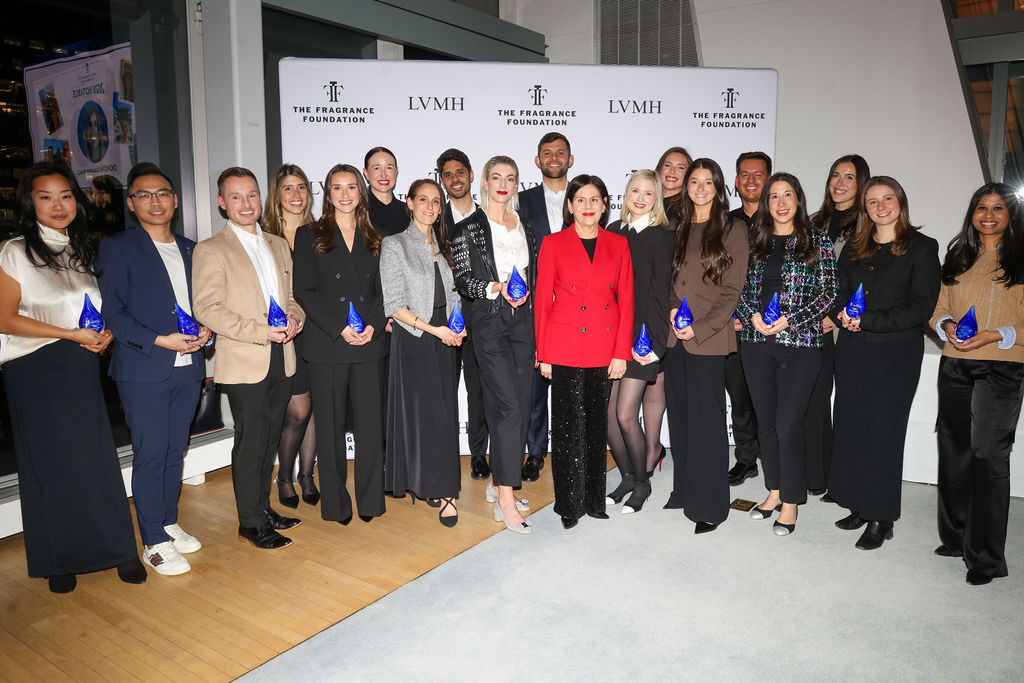 Credit: Regina Fleming Photography
Credit: Regina Fleming Photography


















